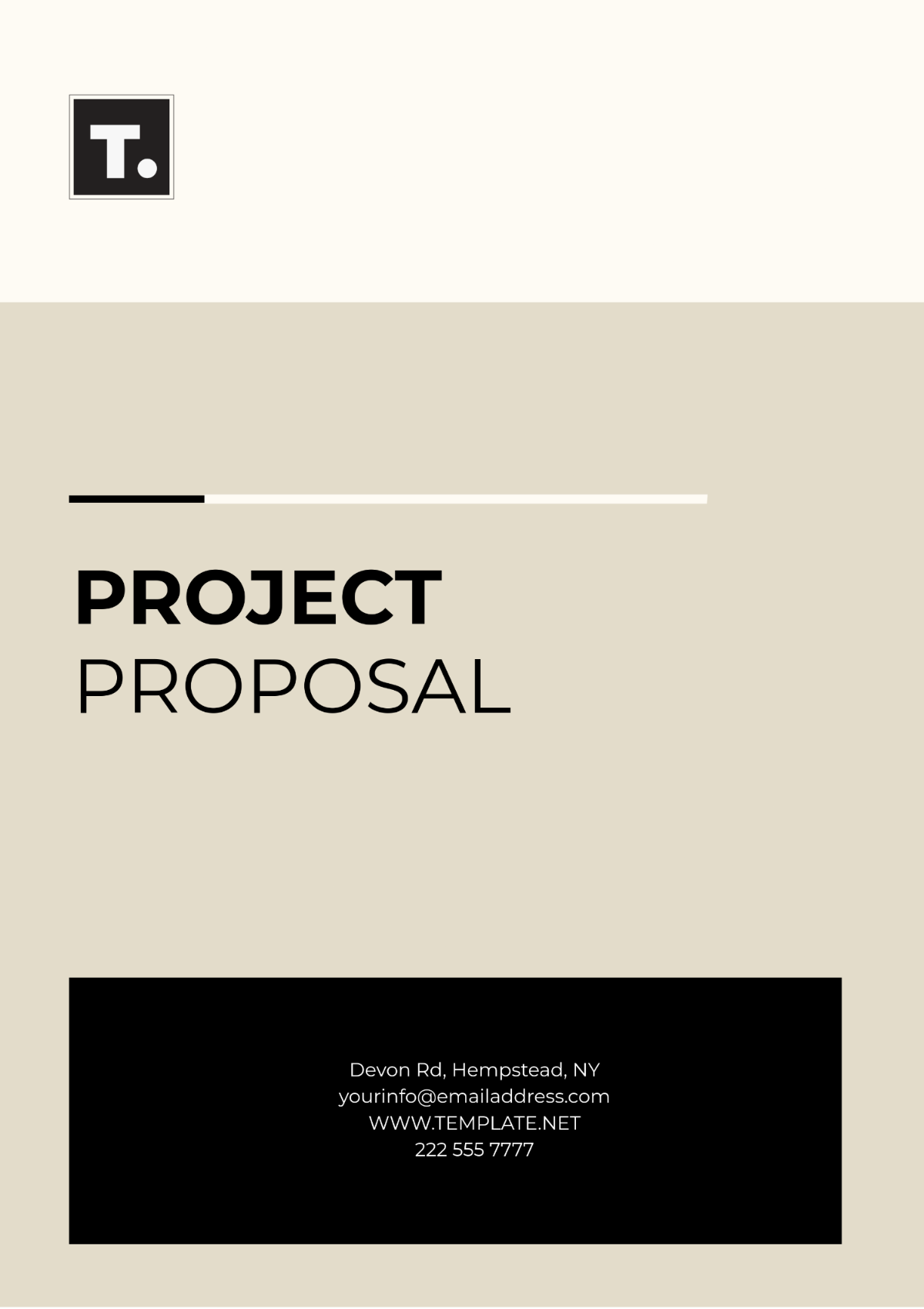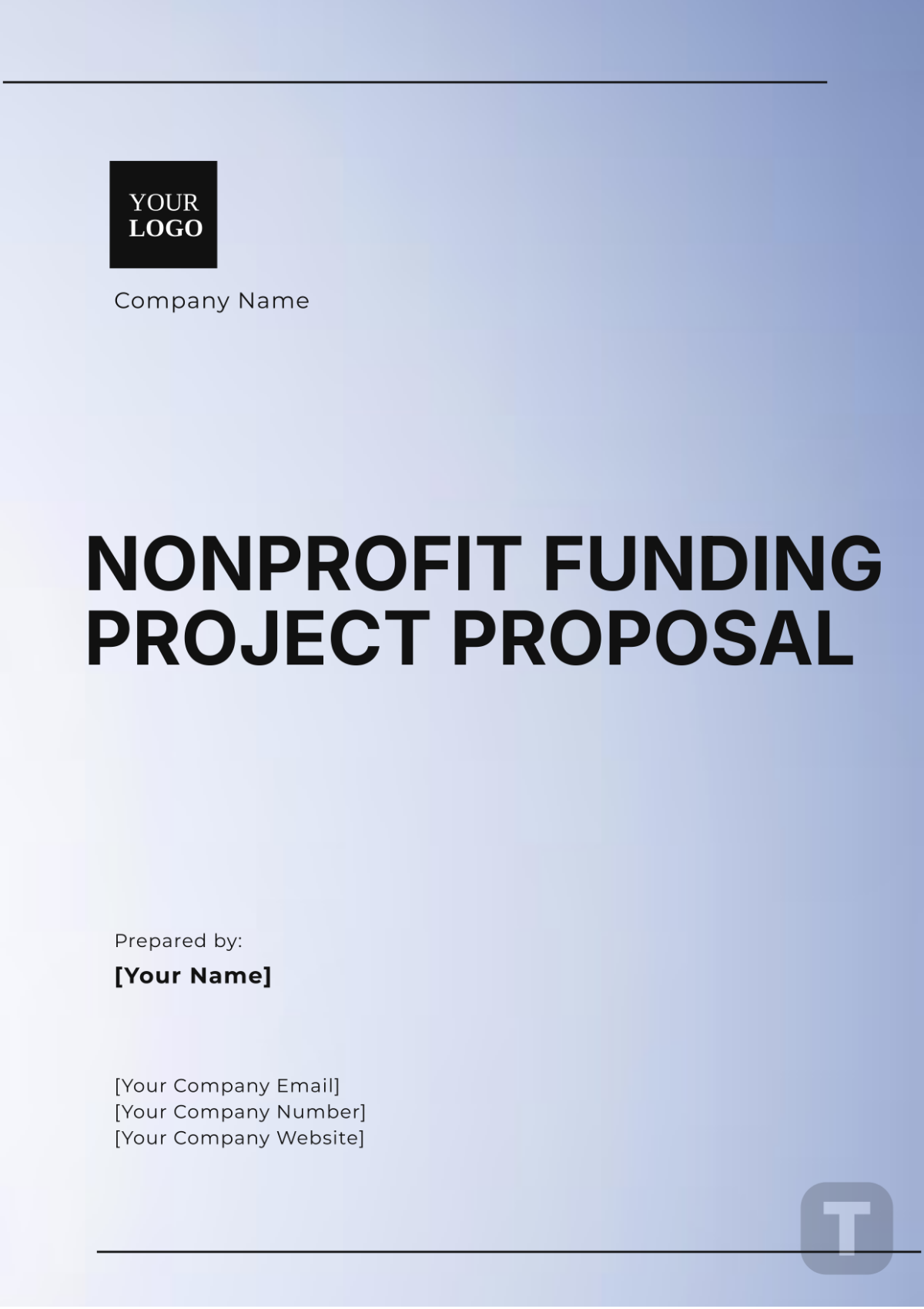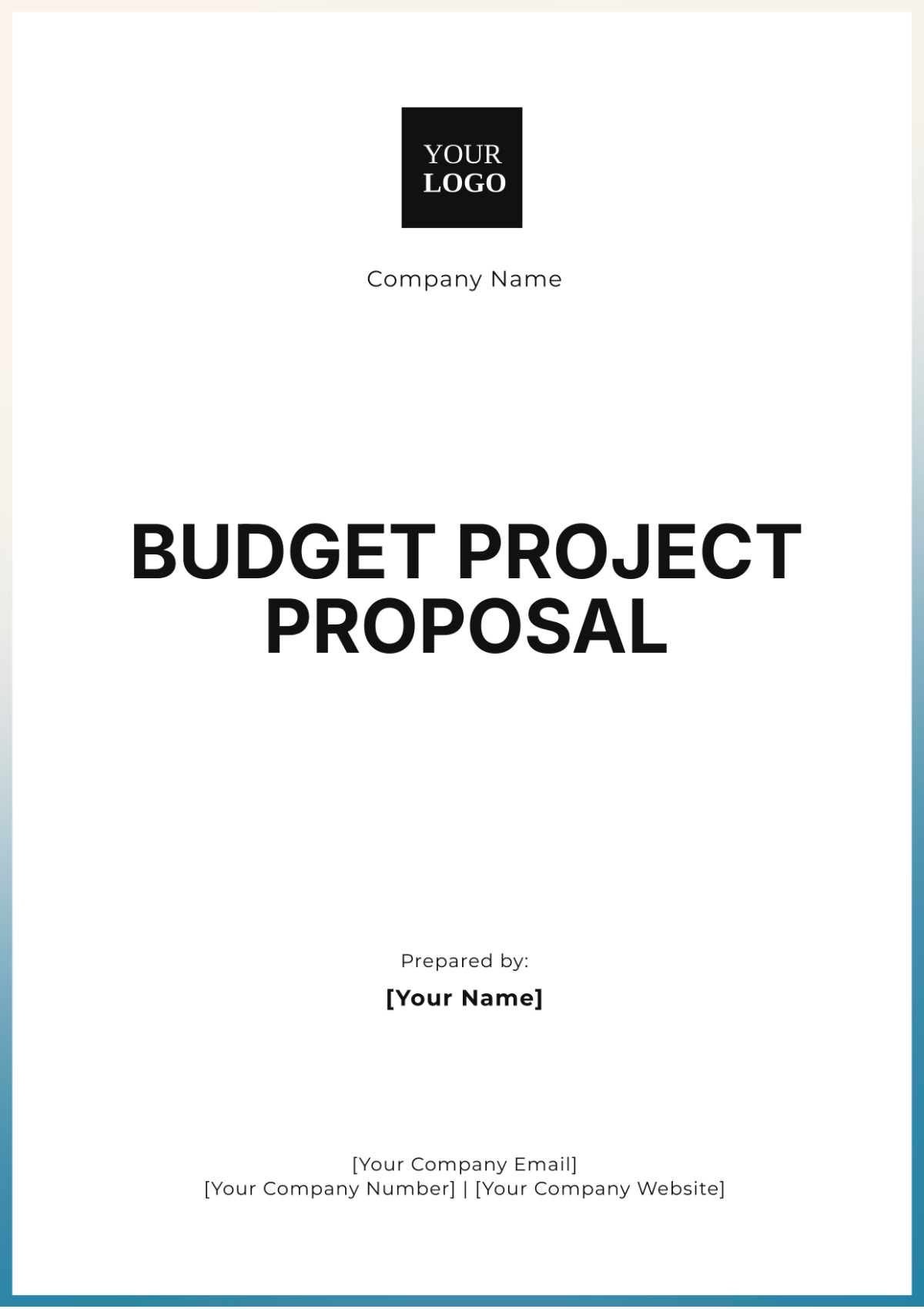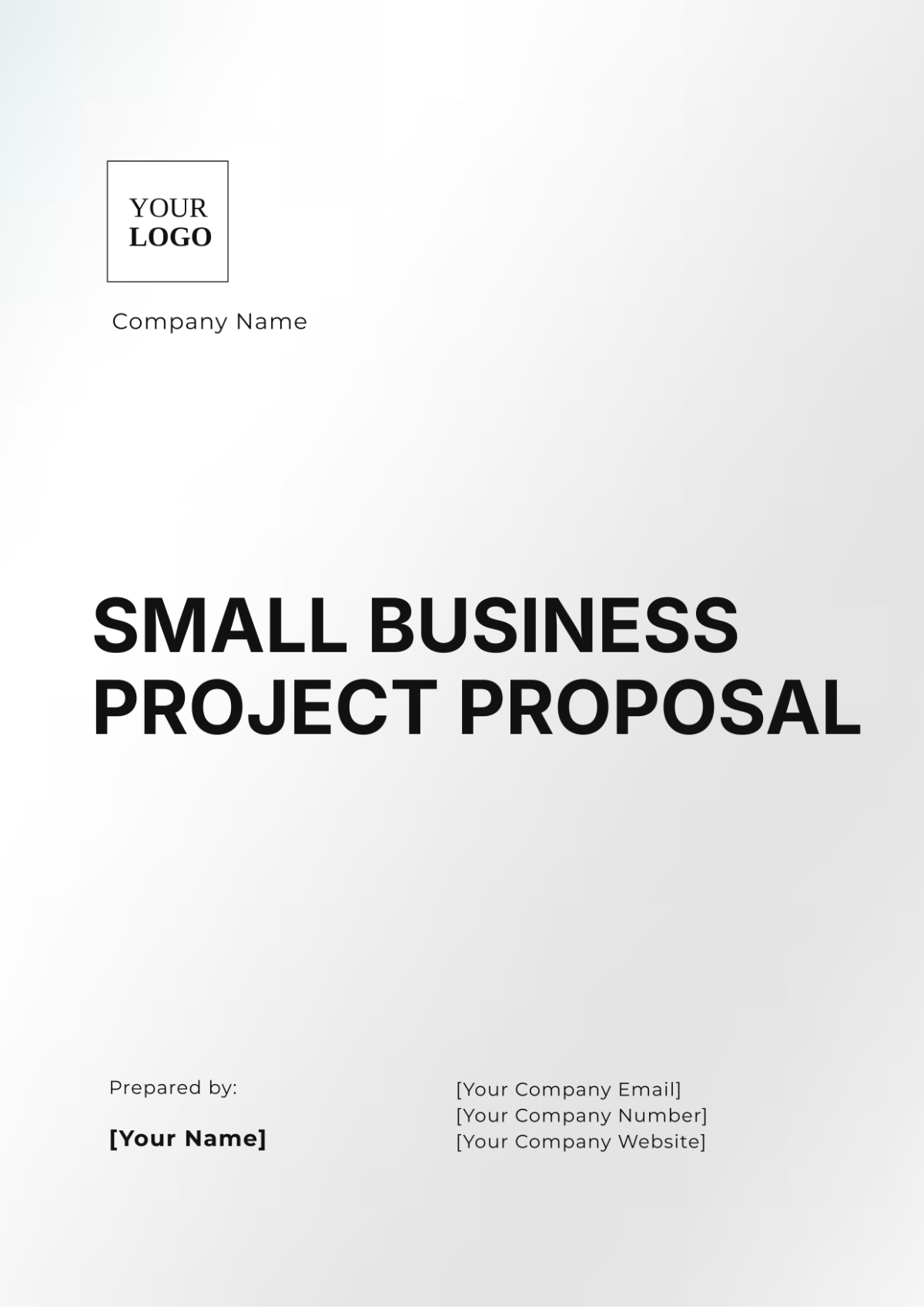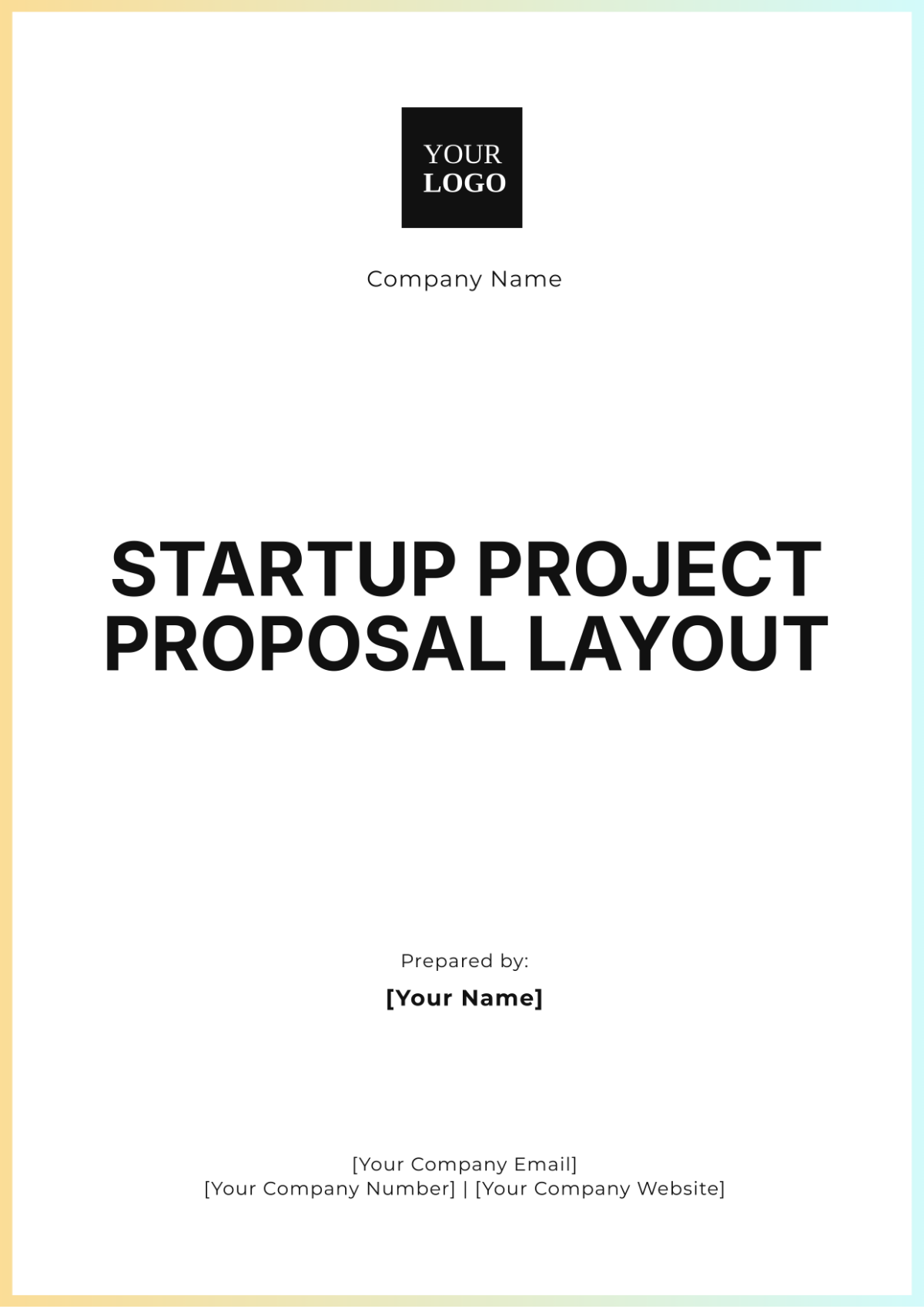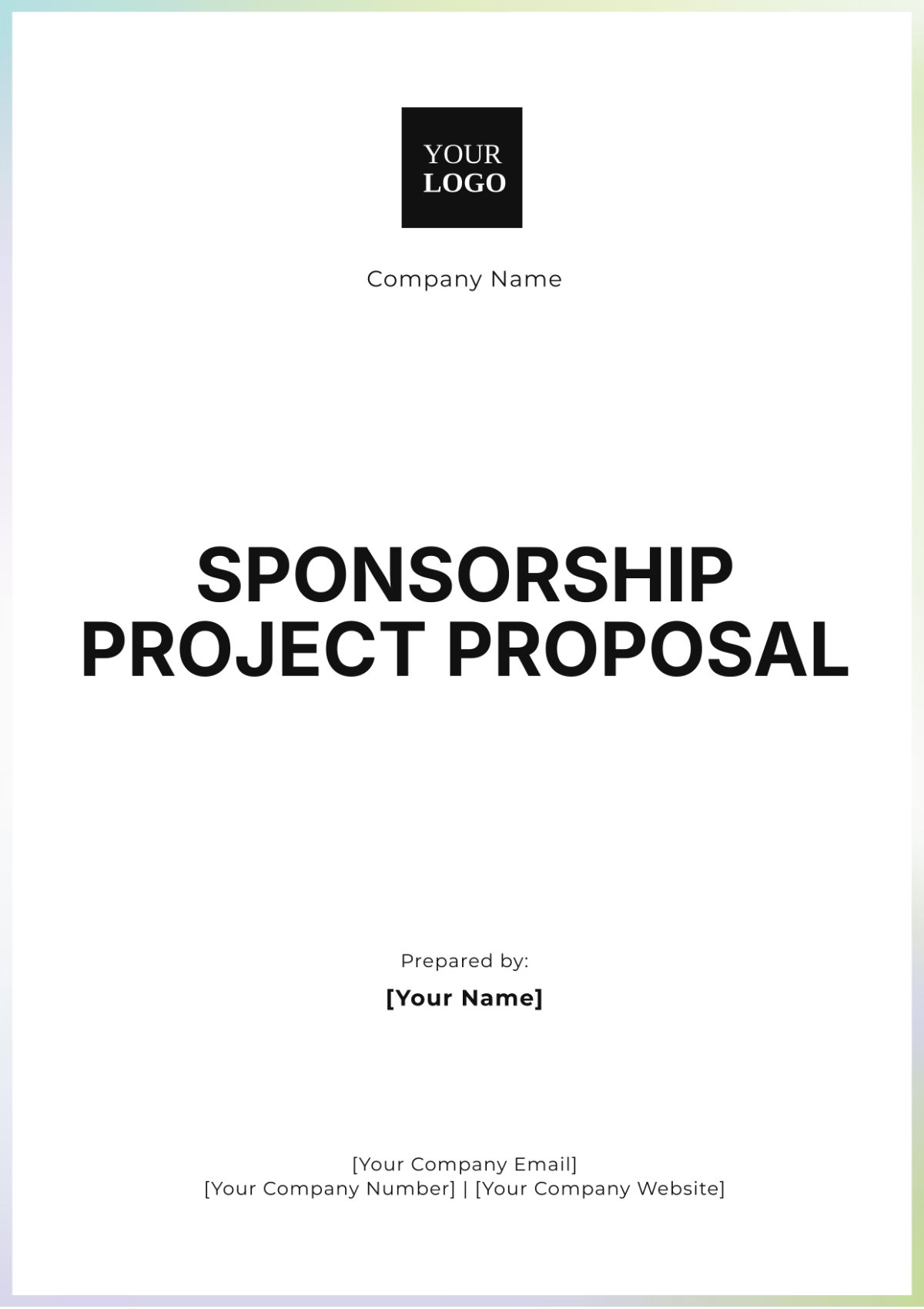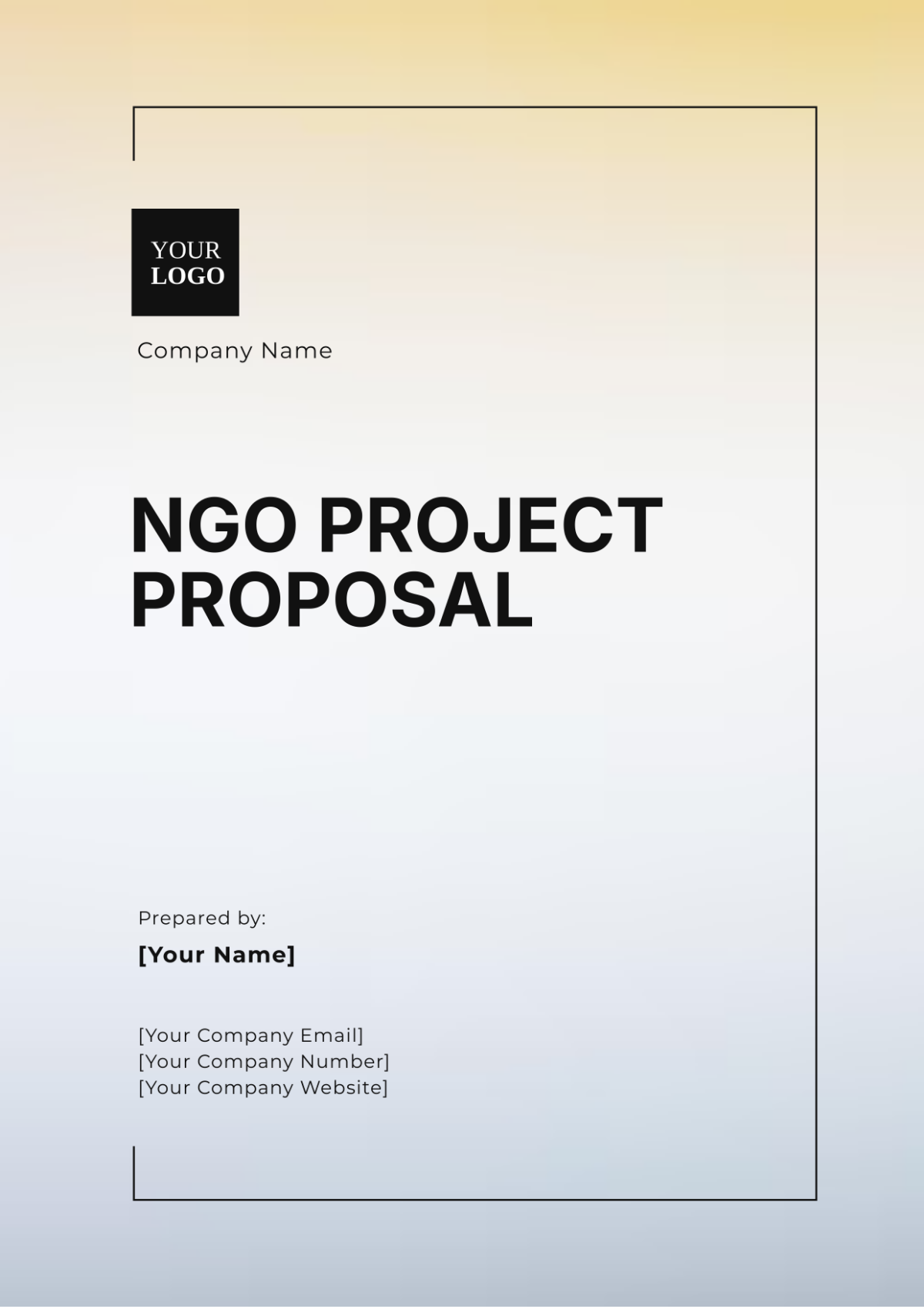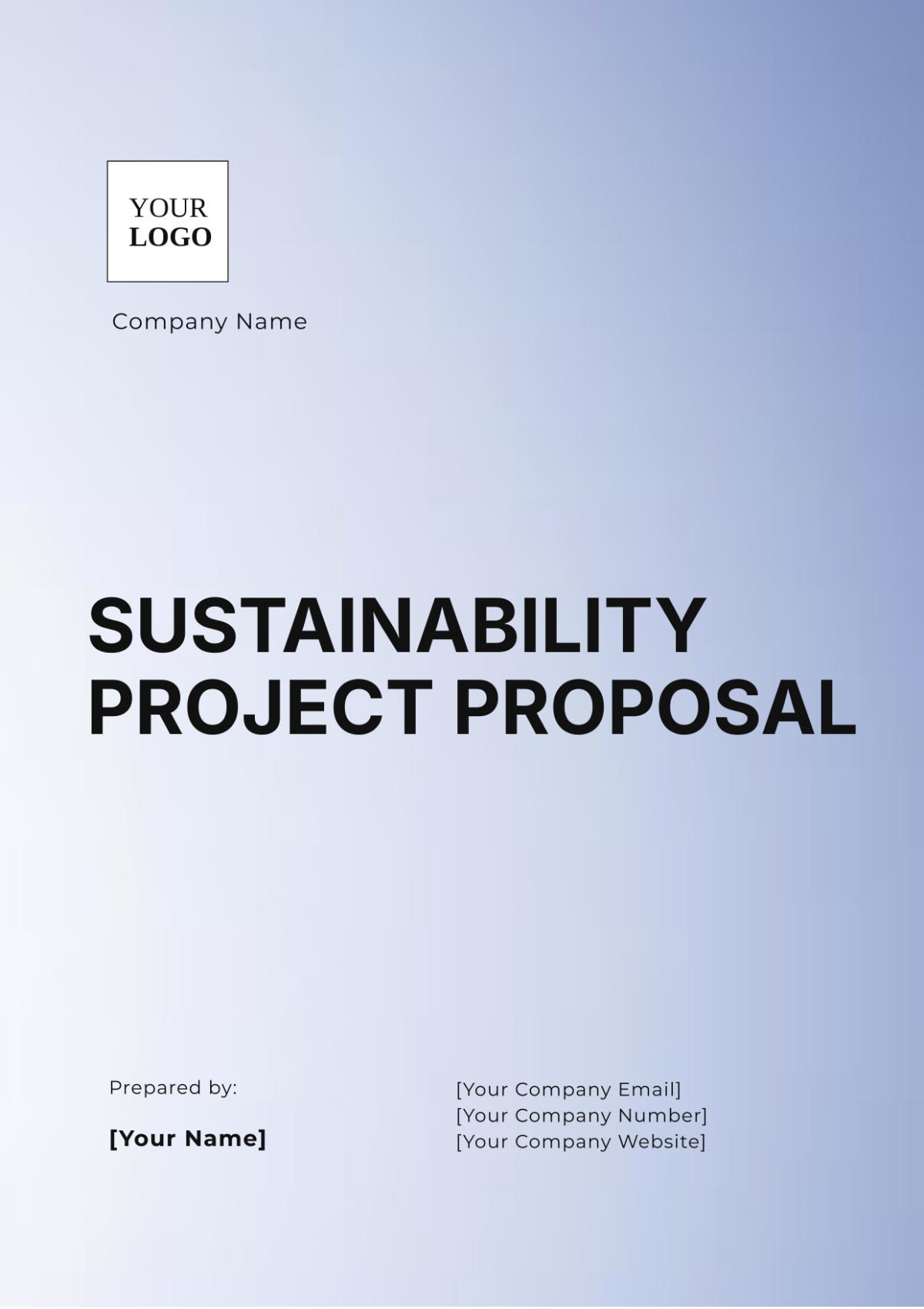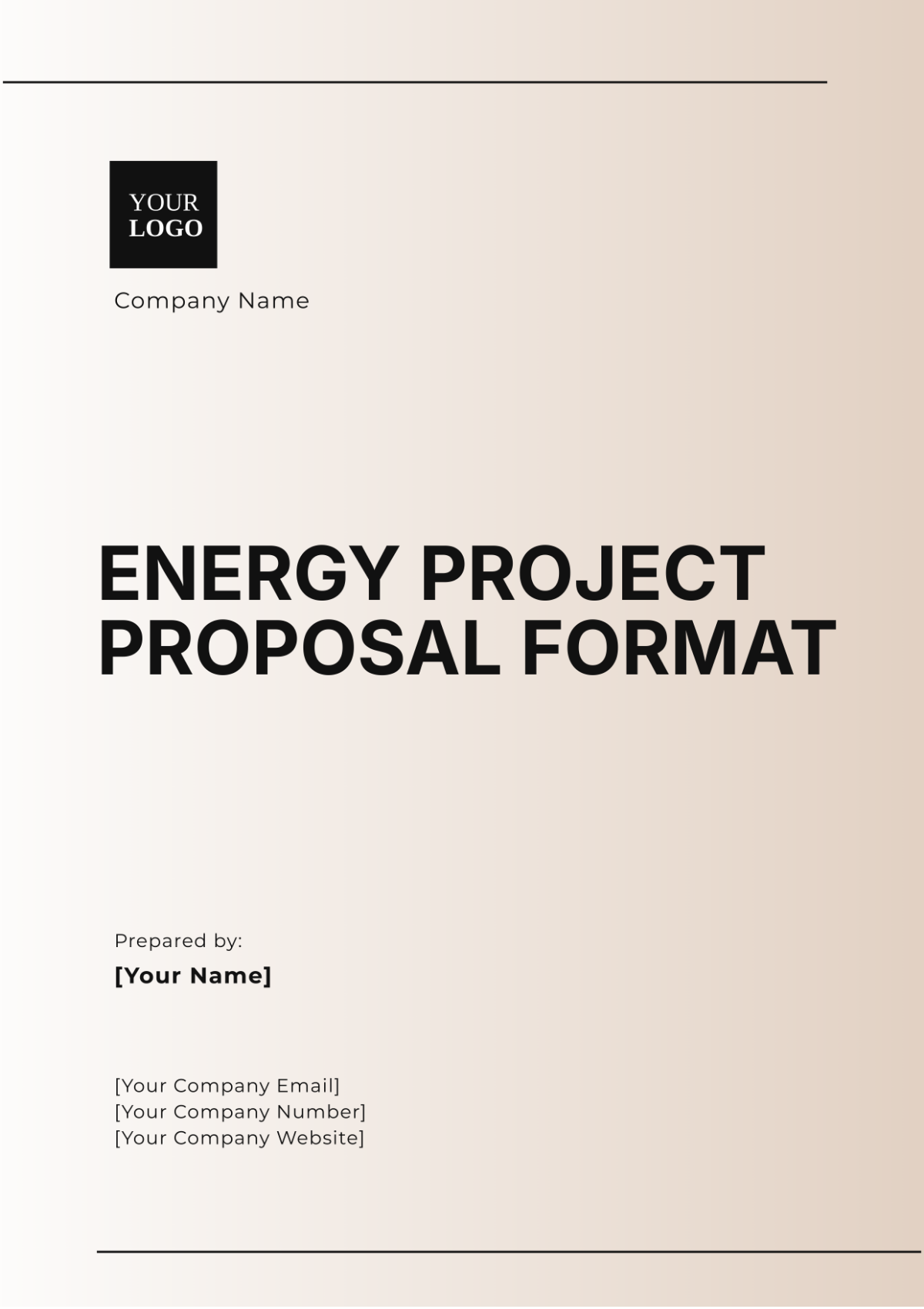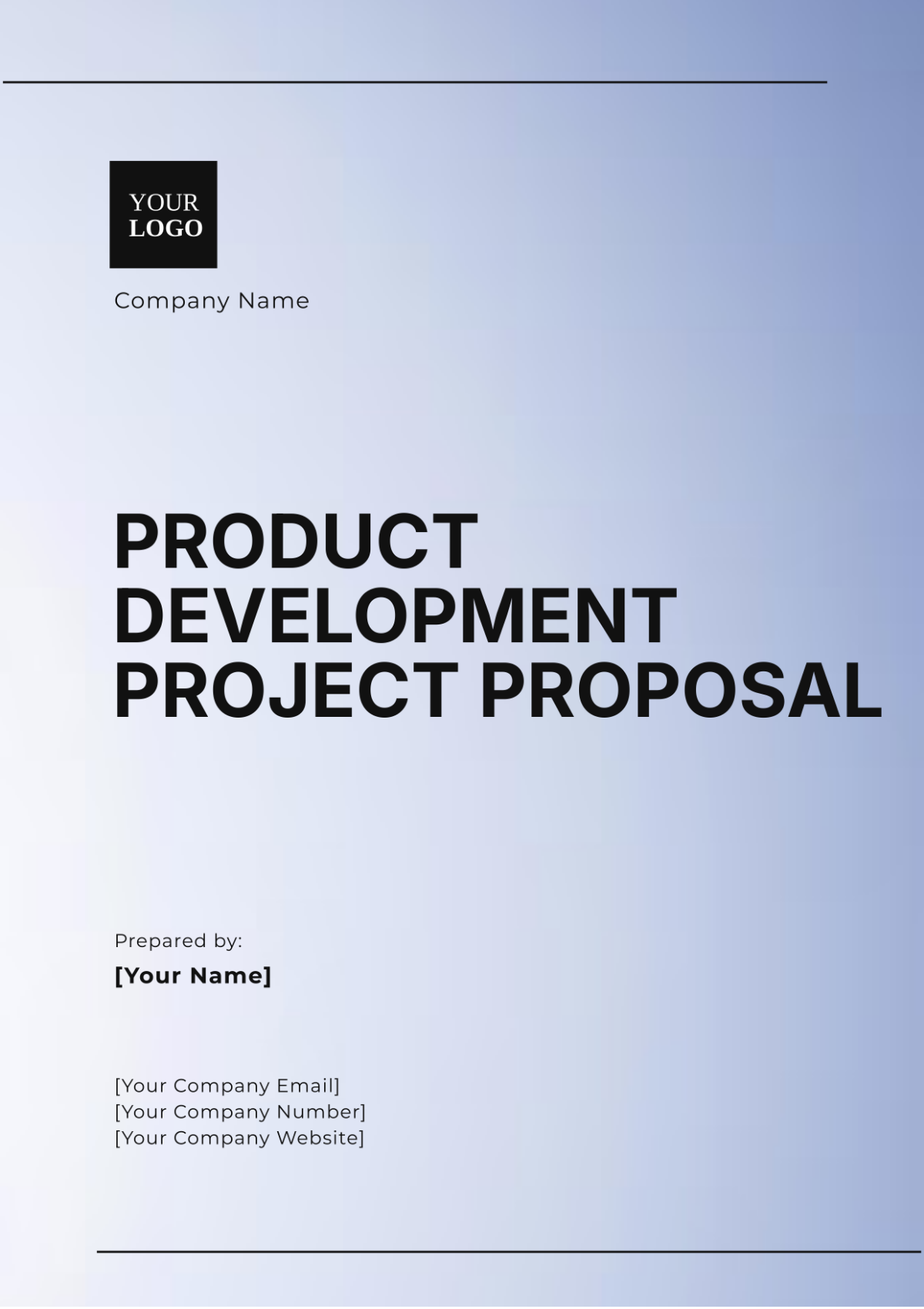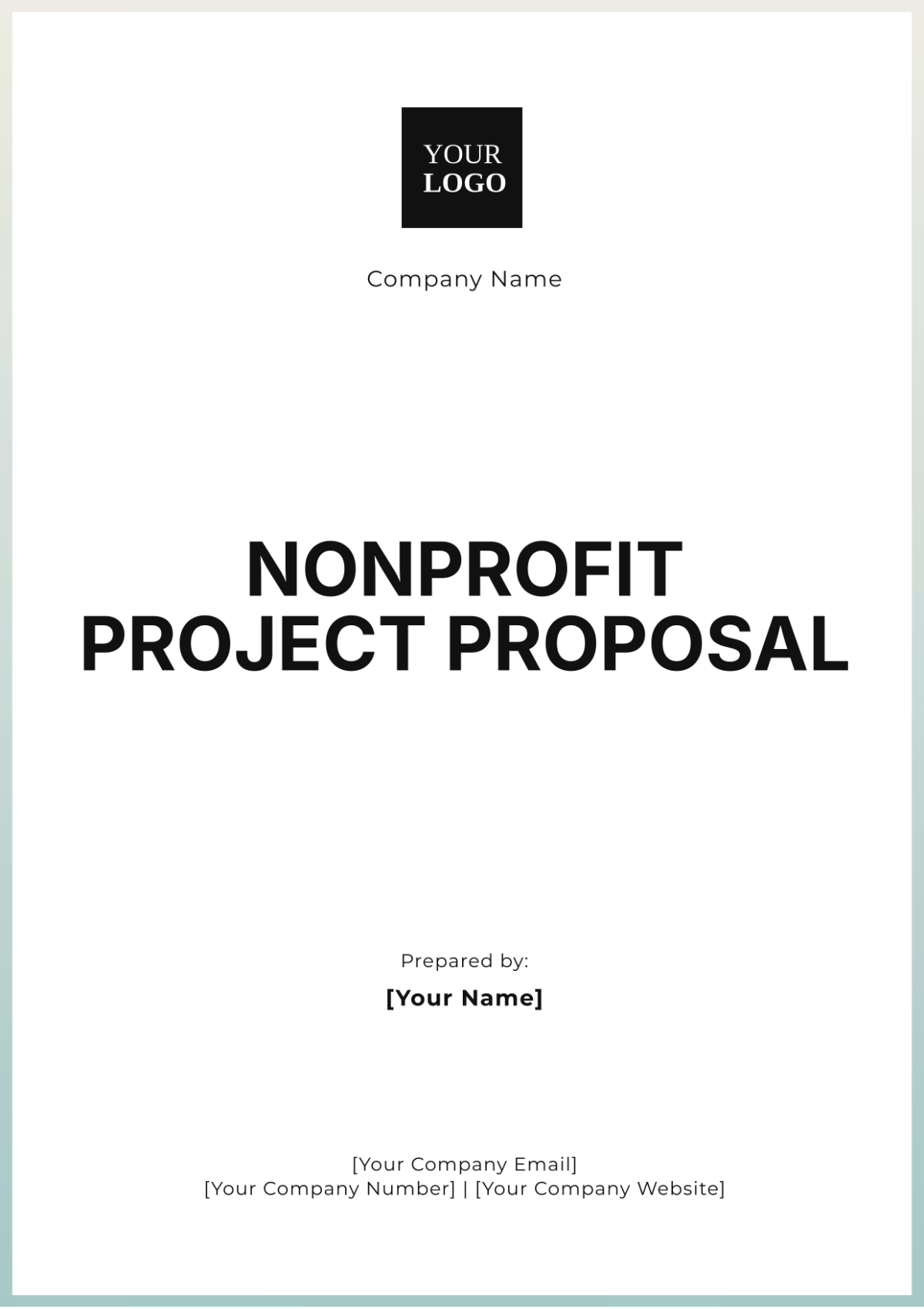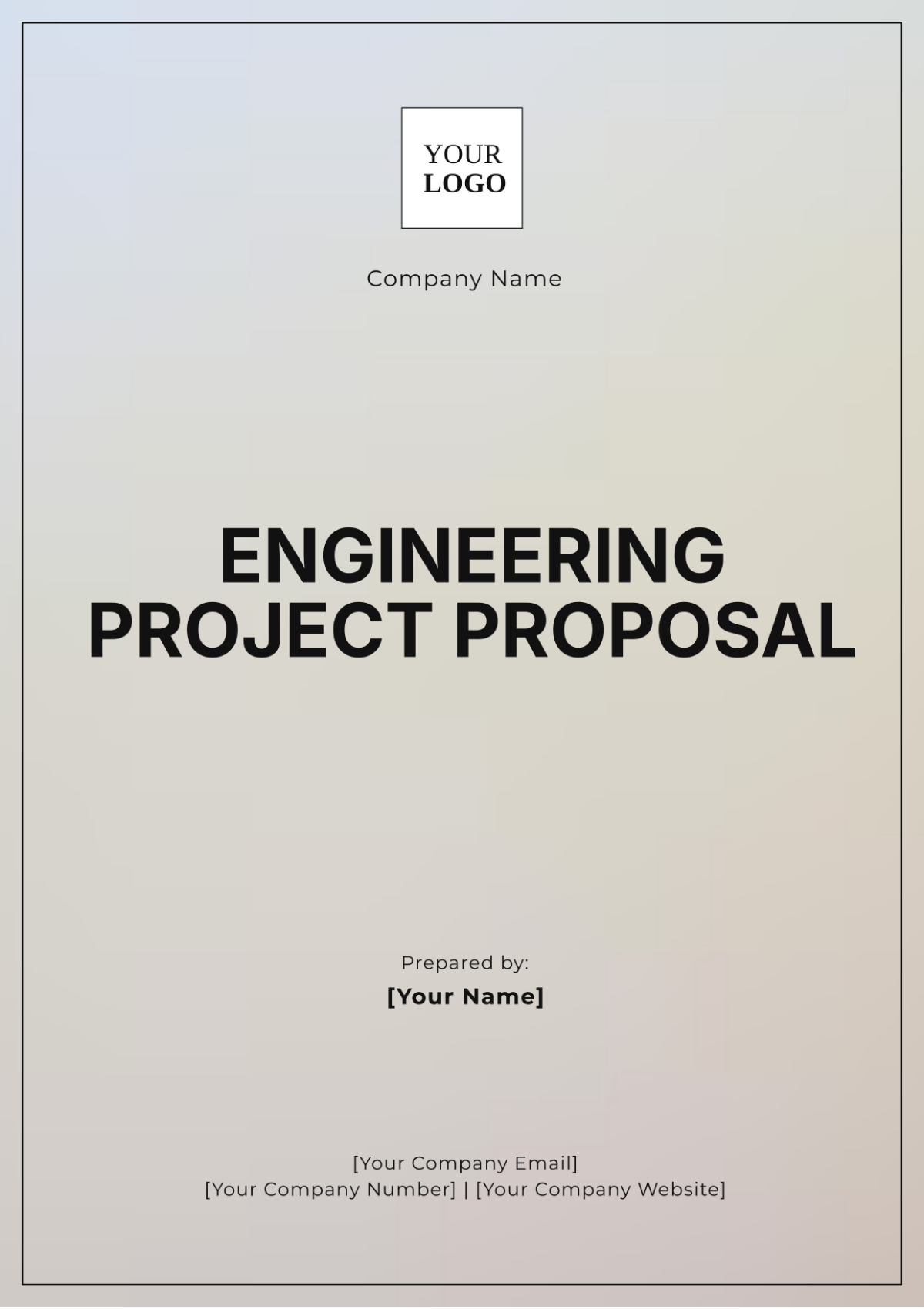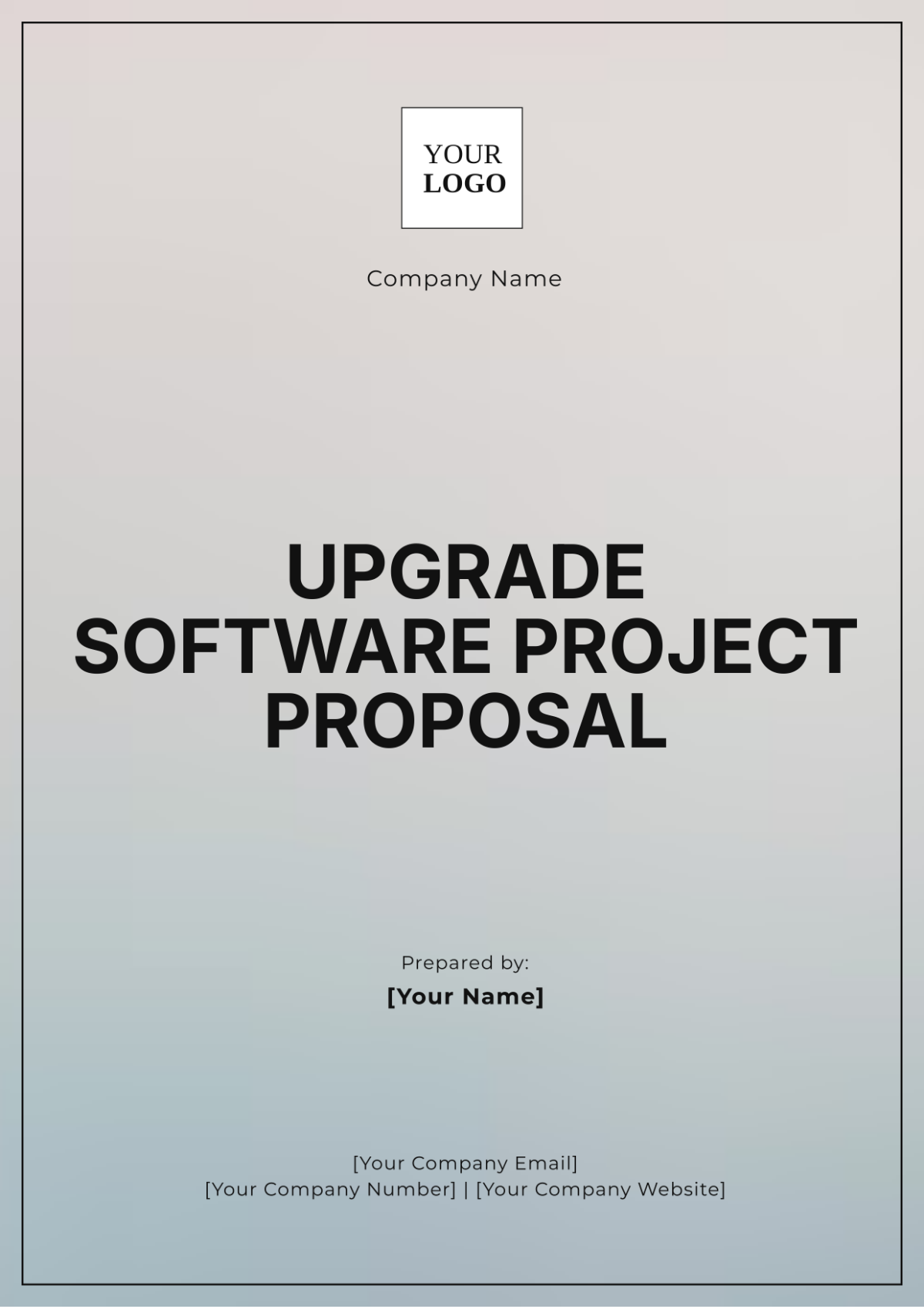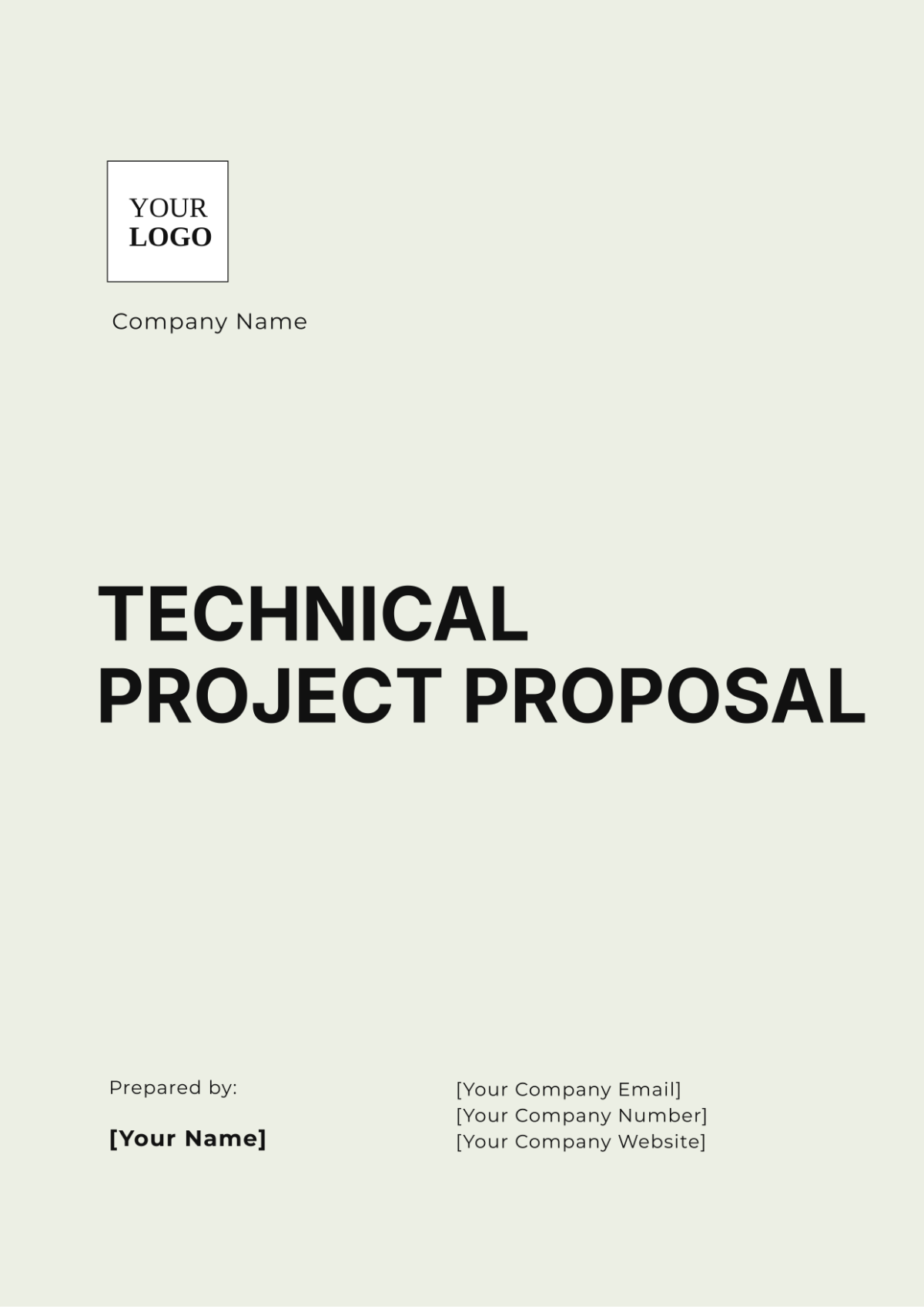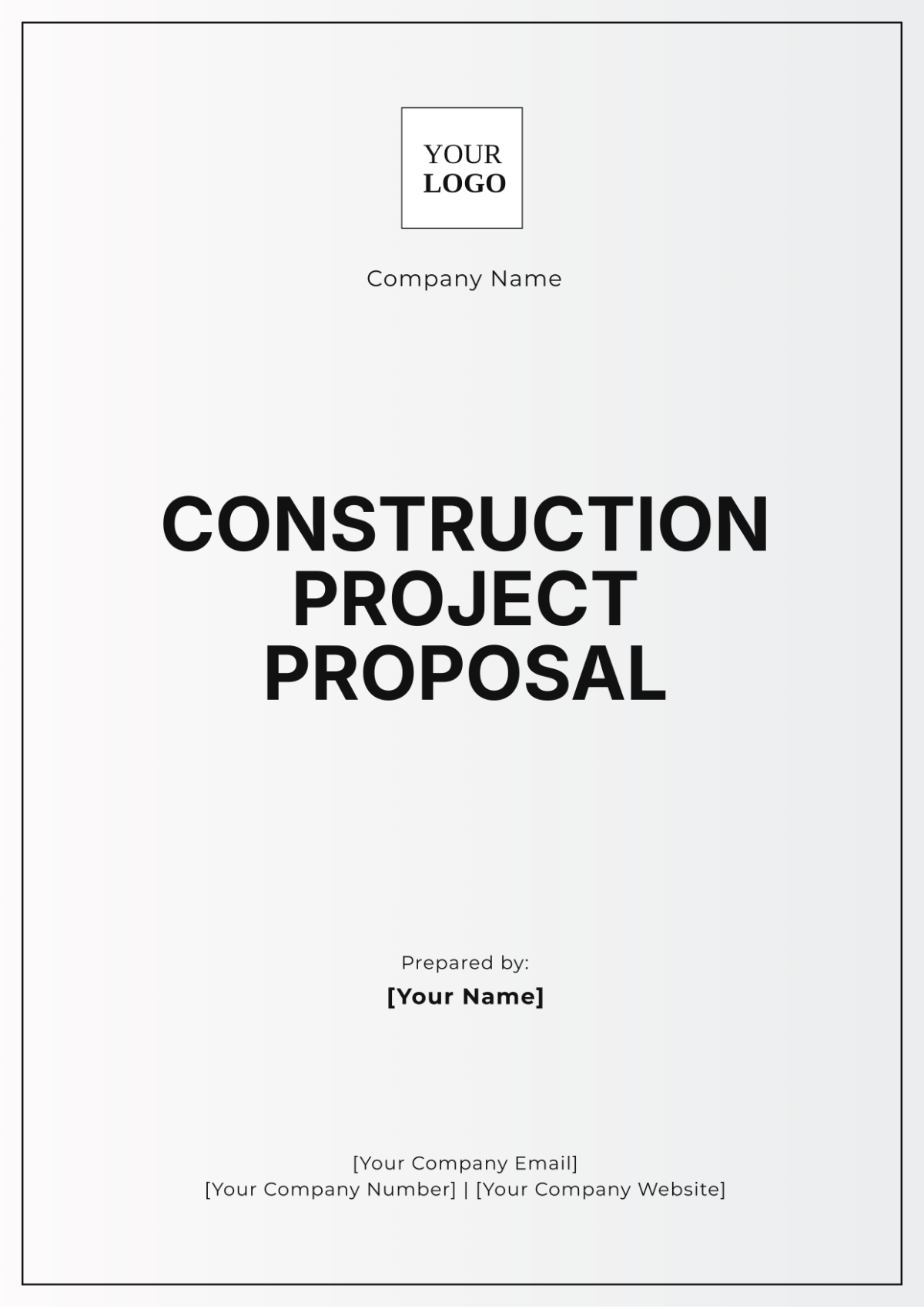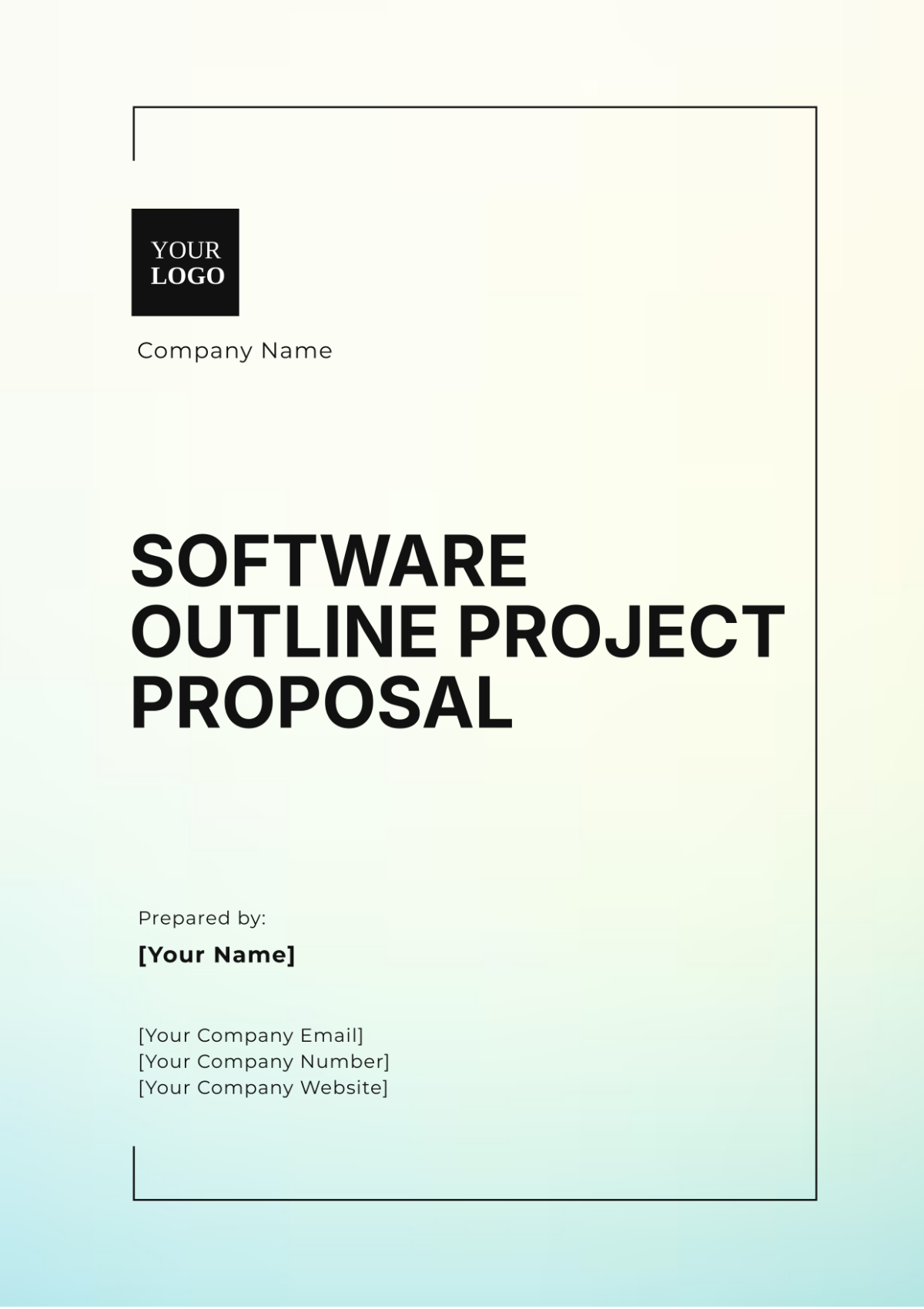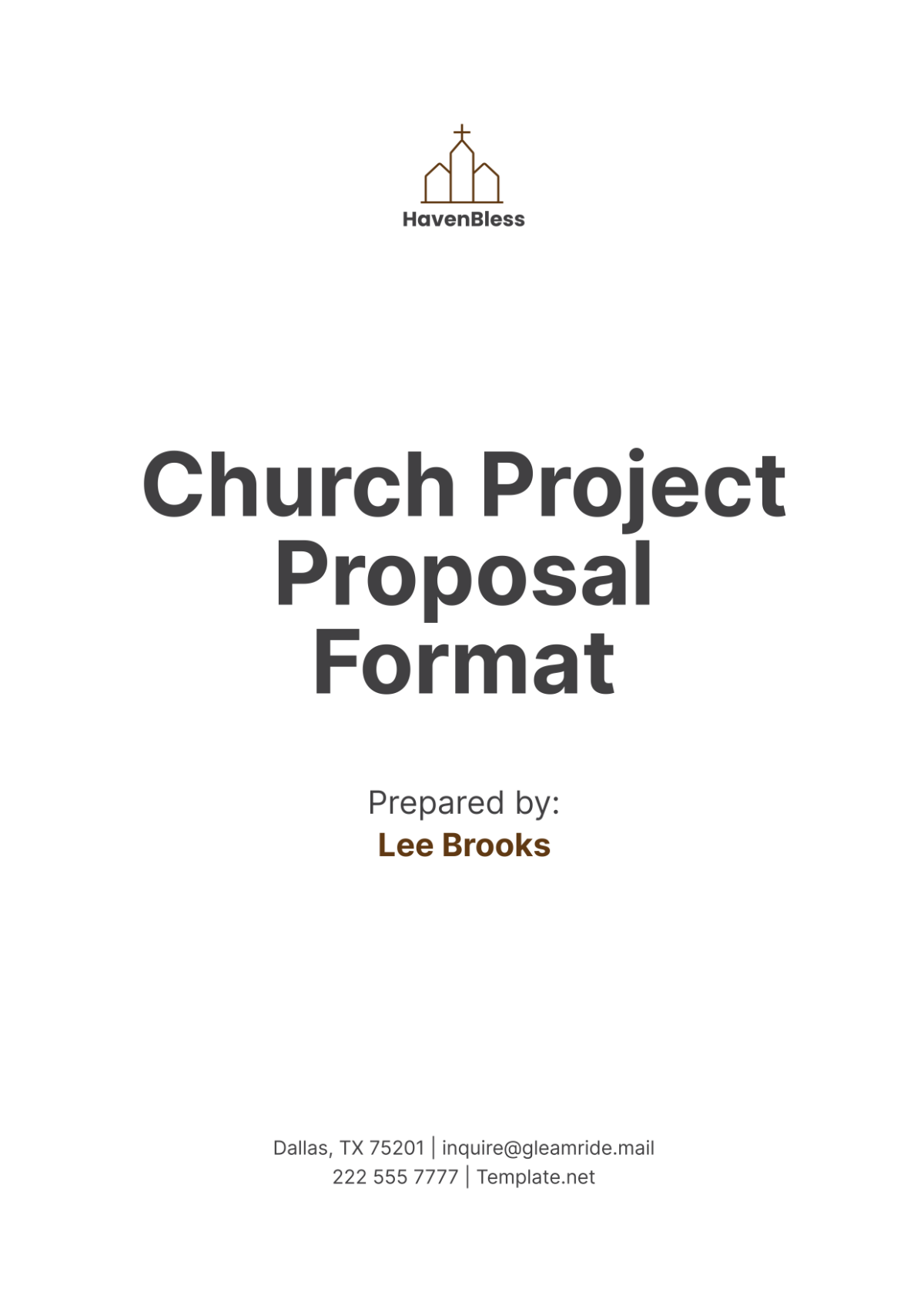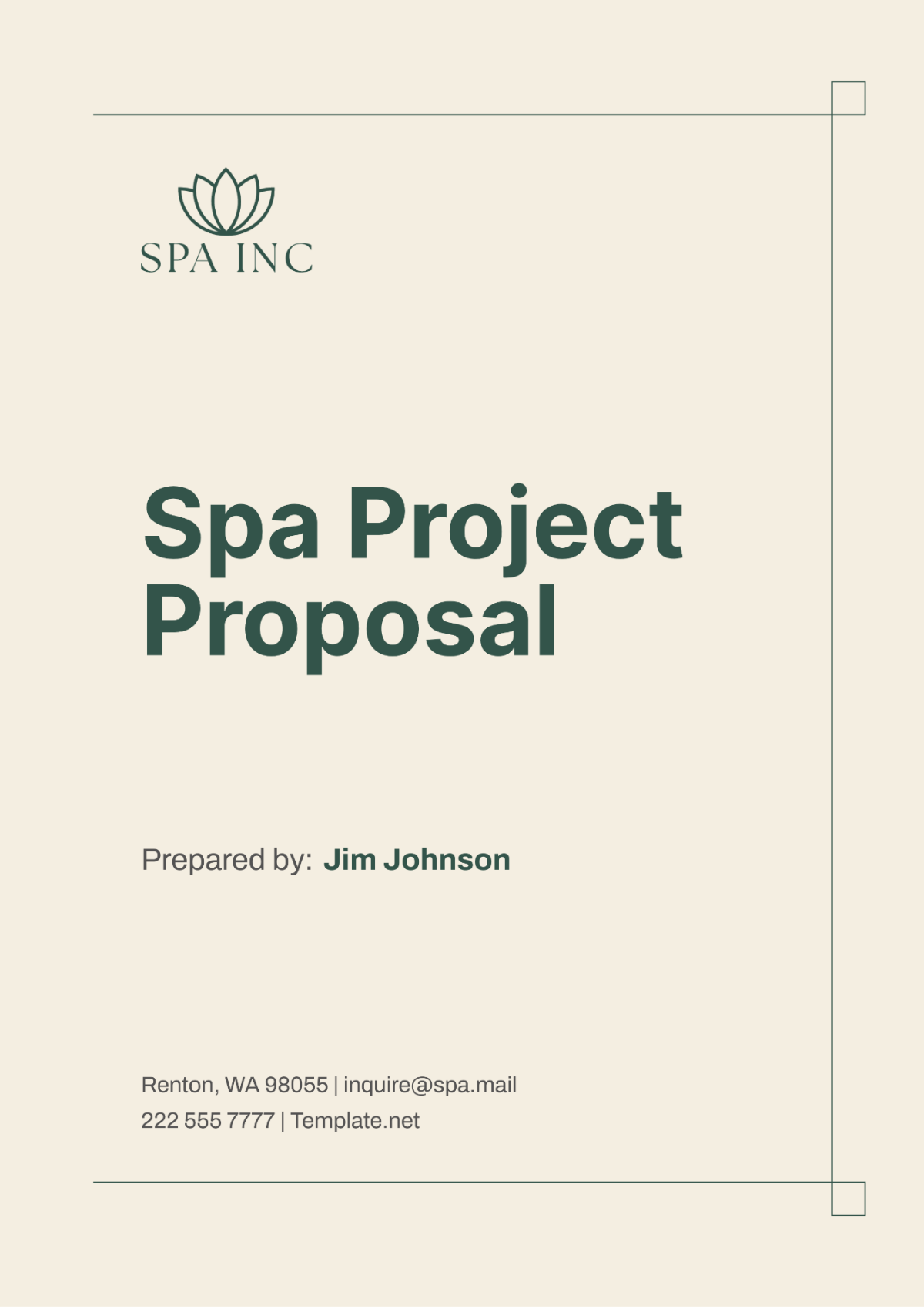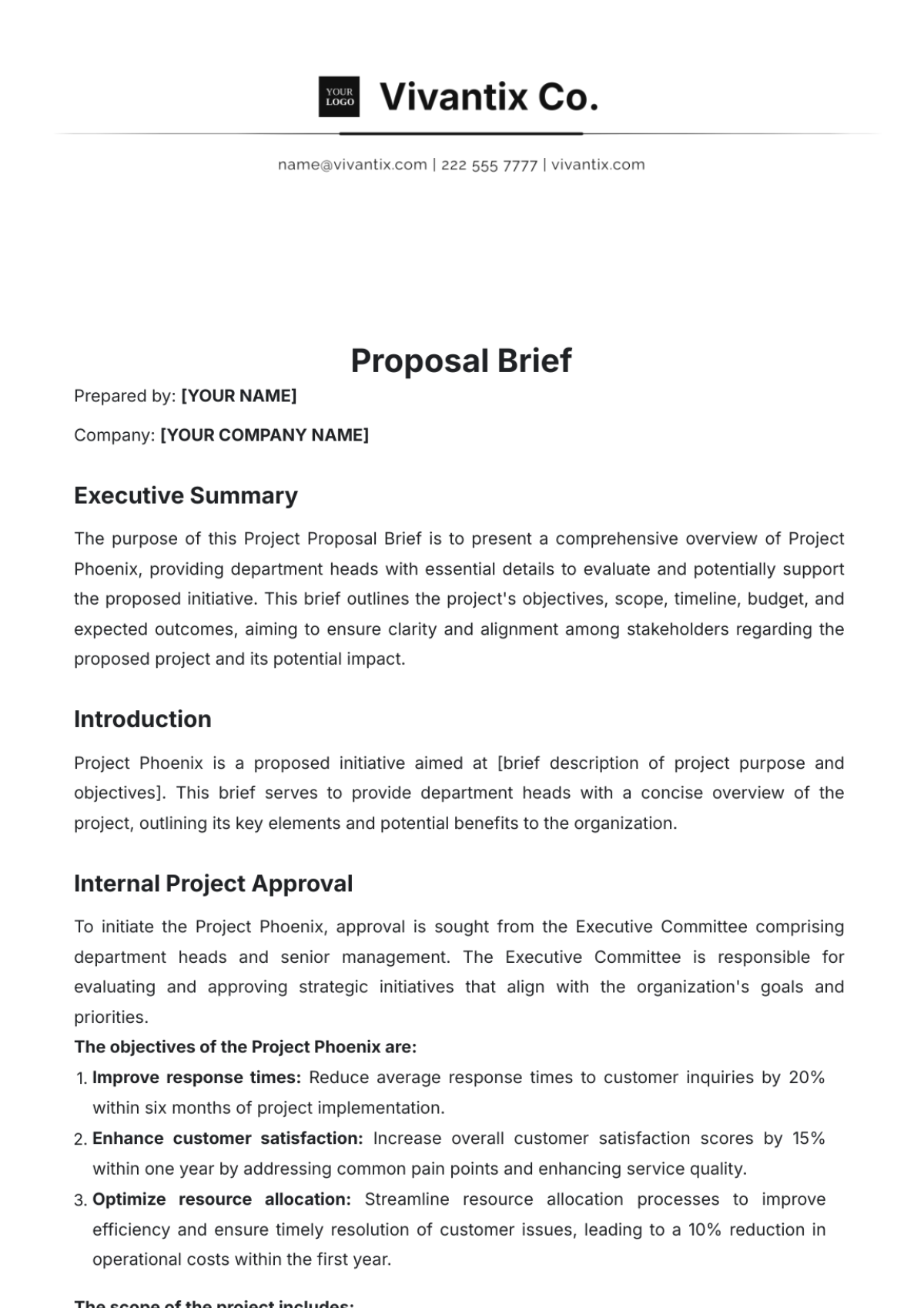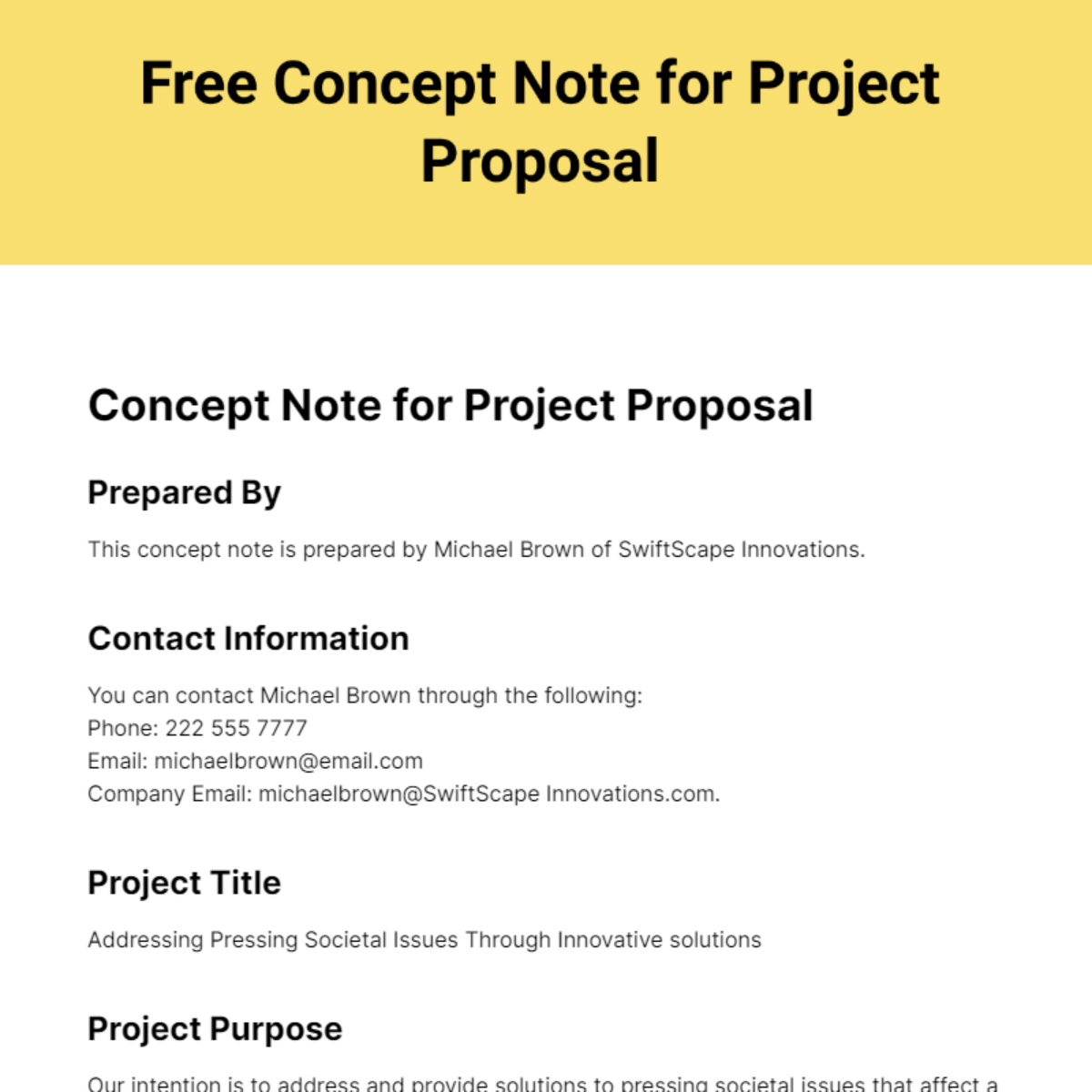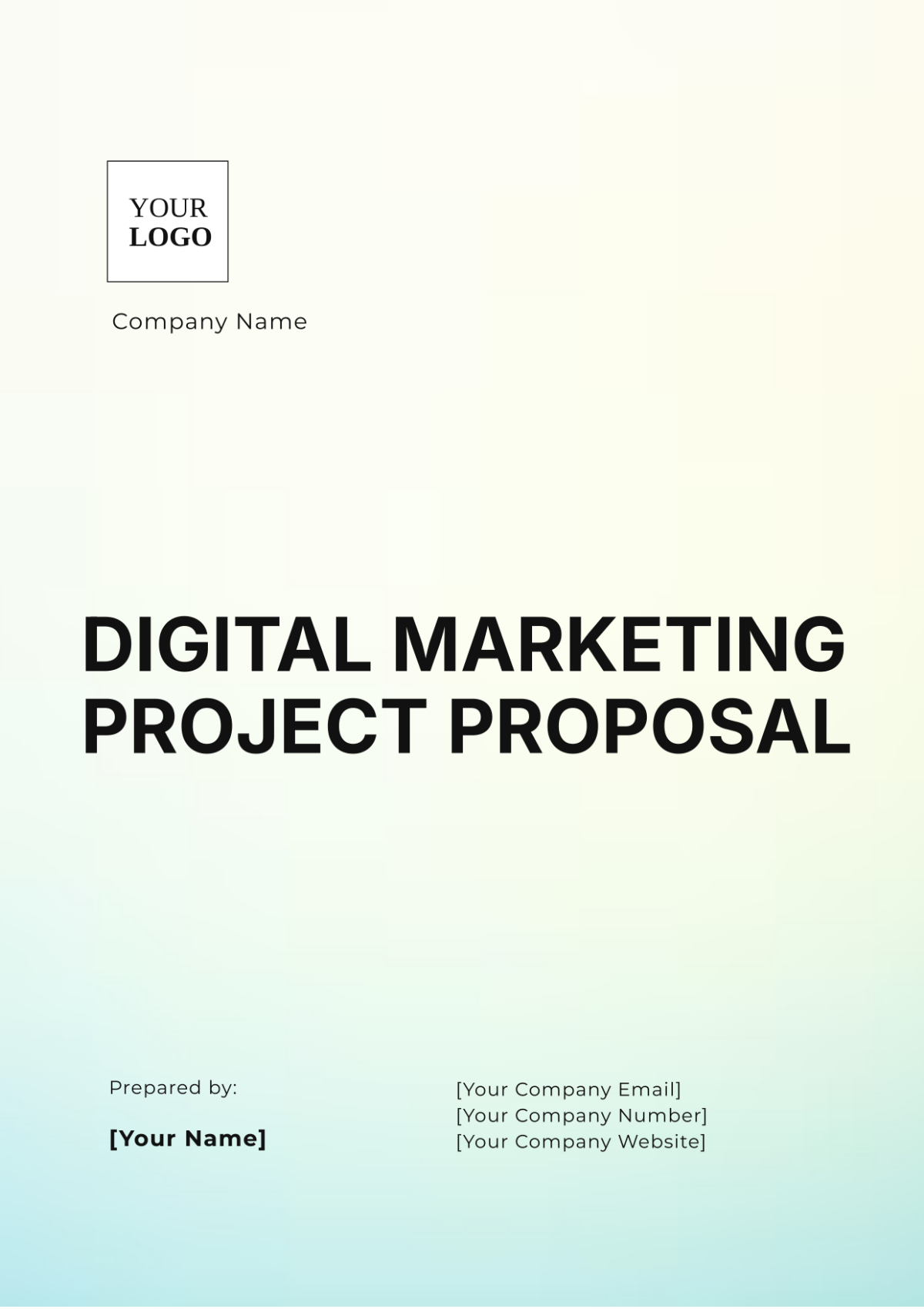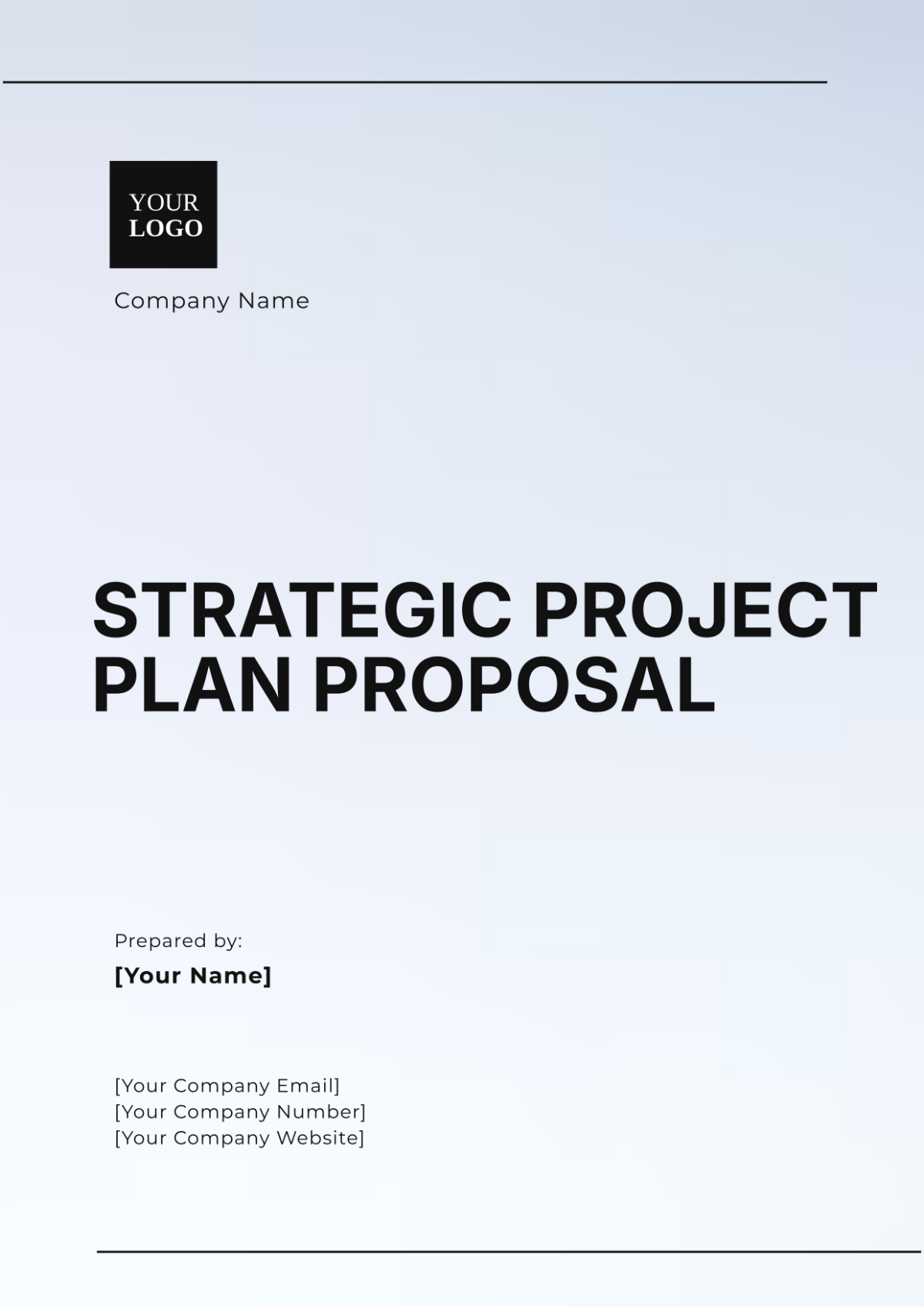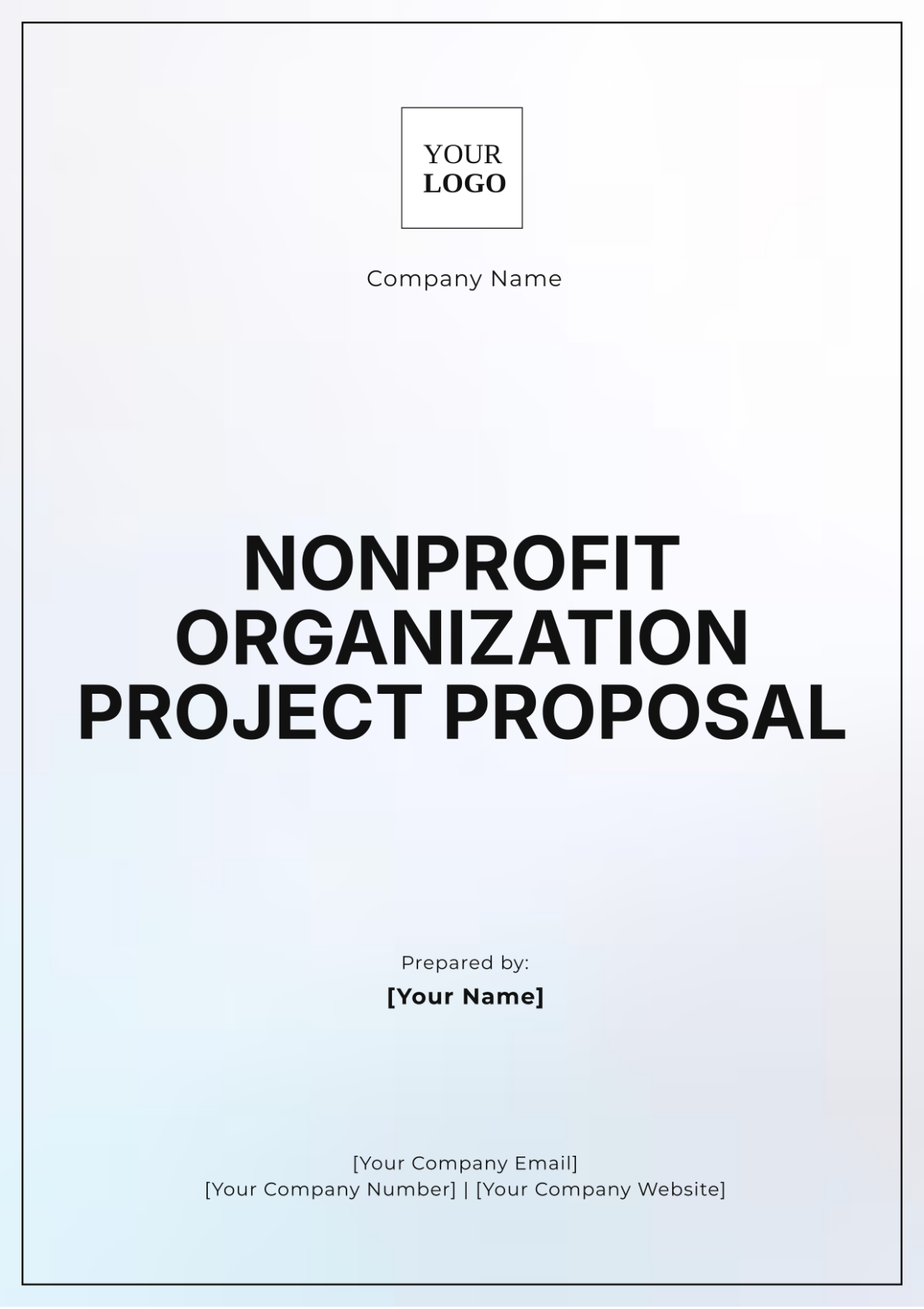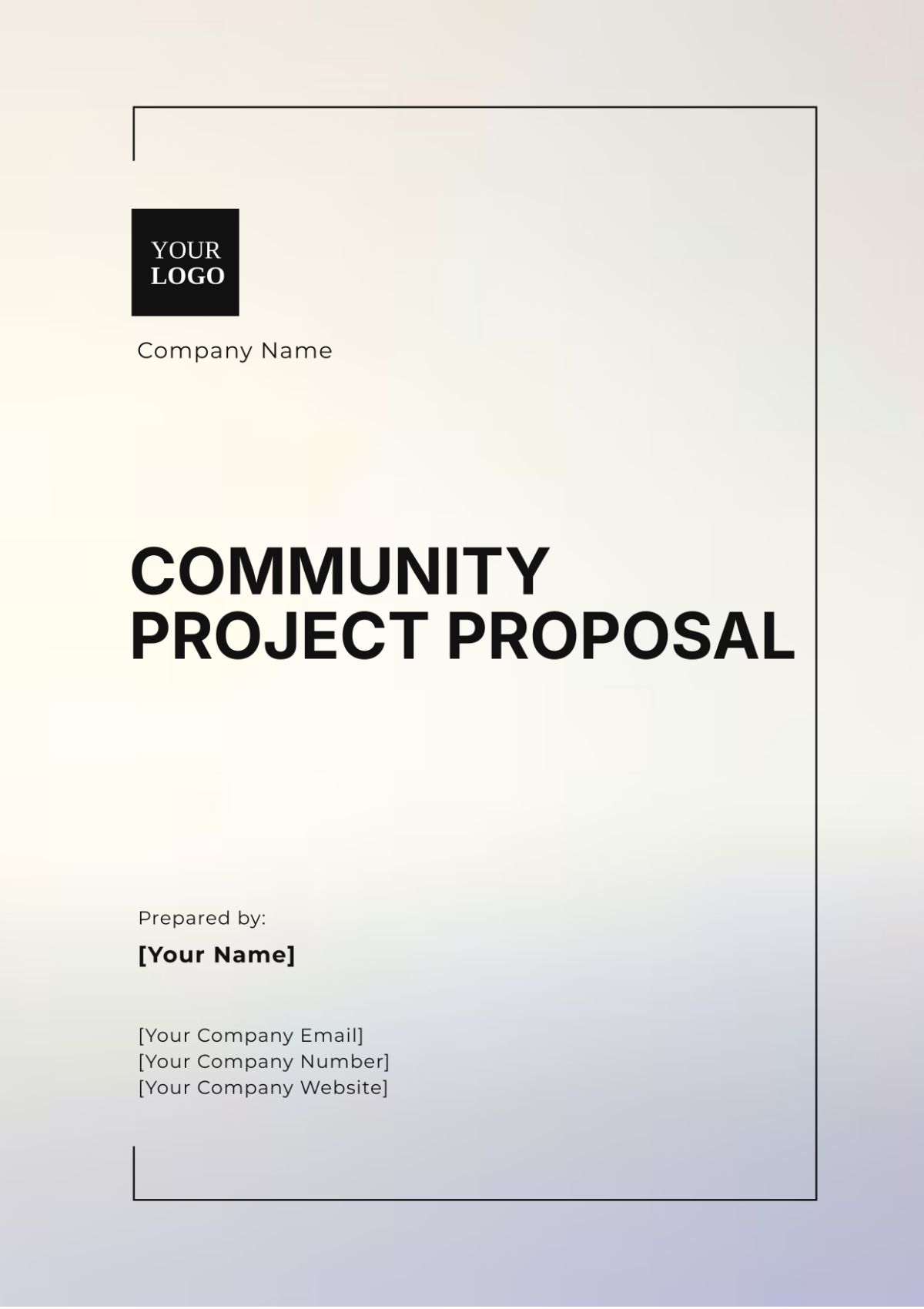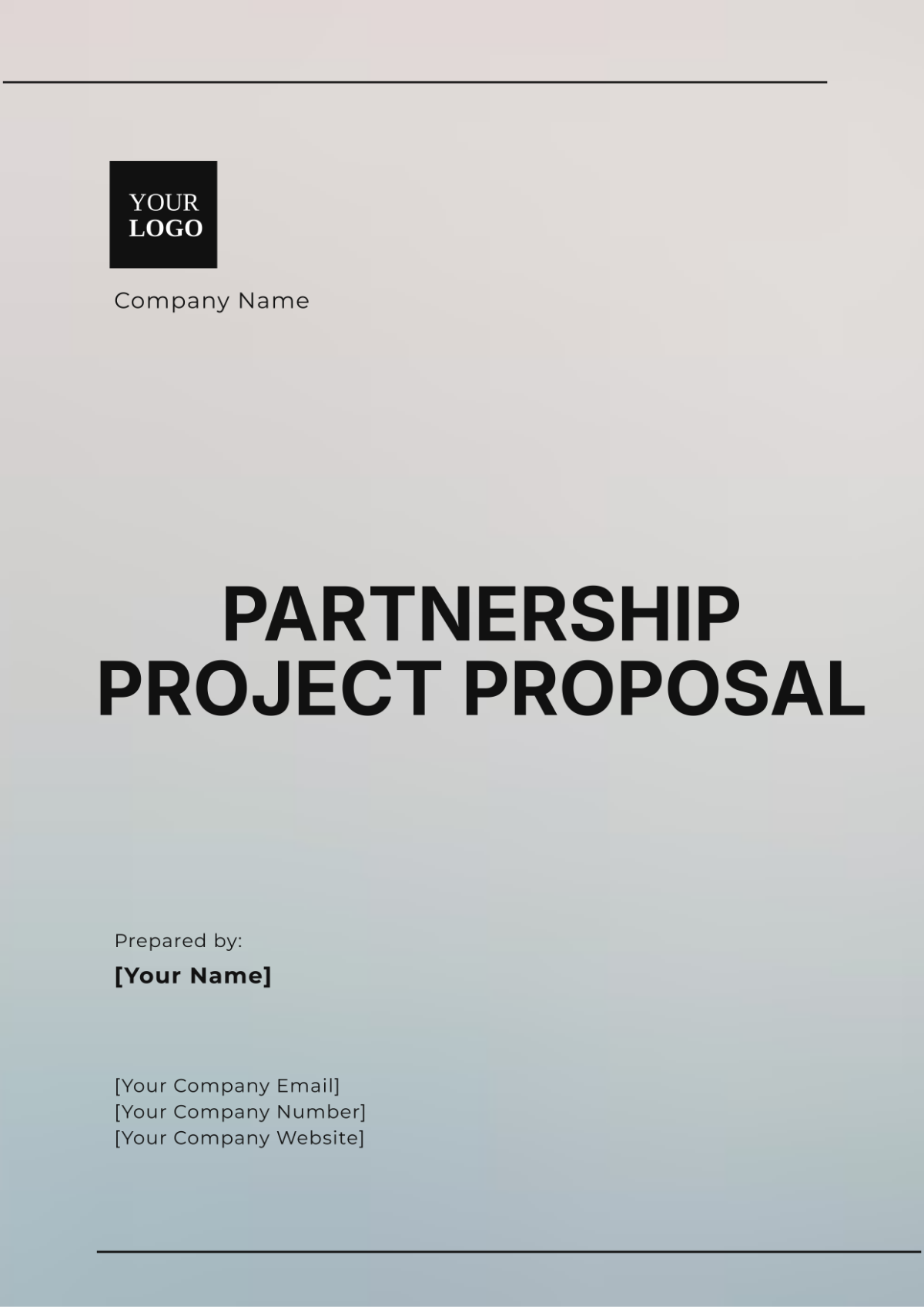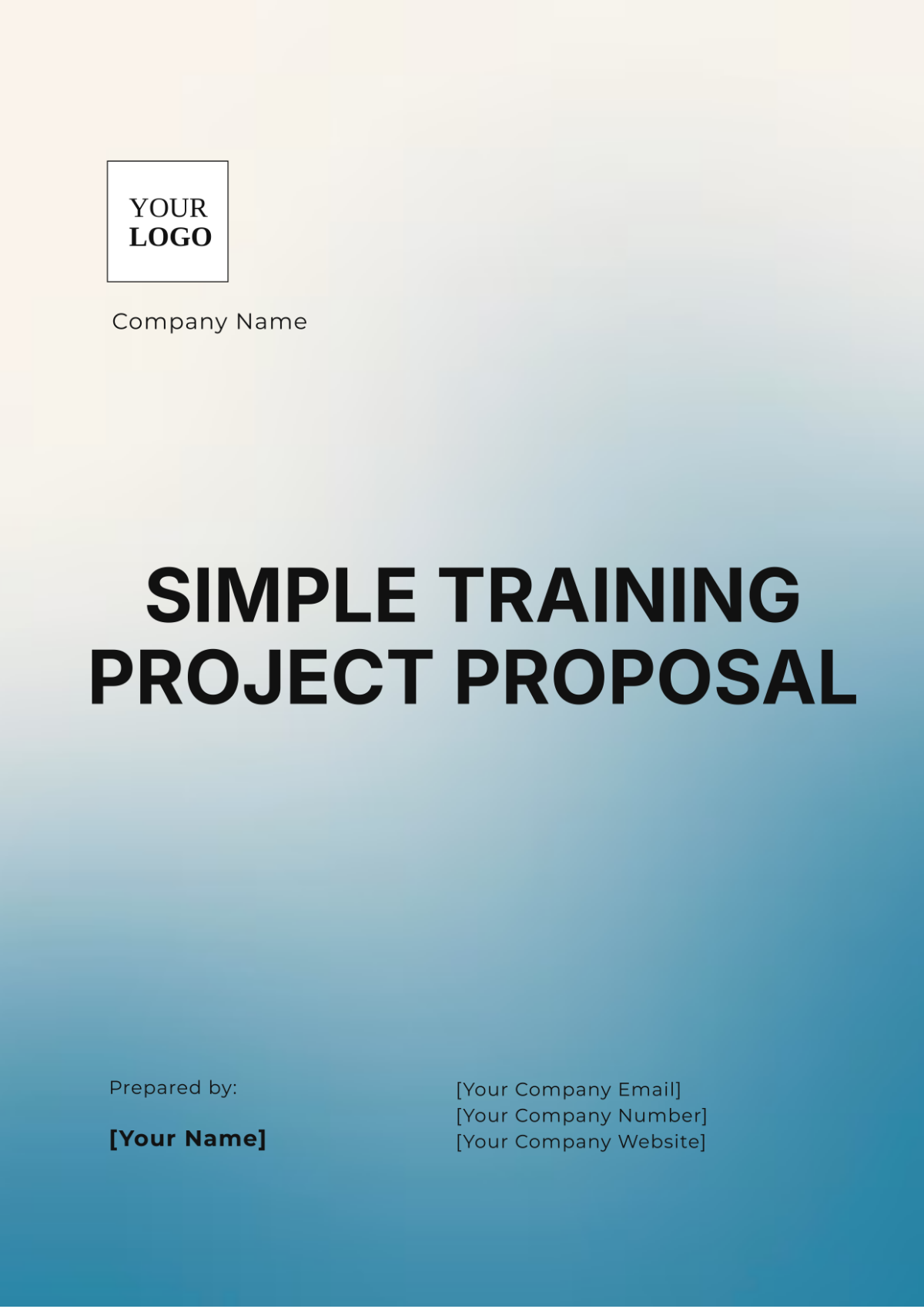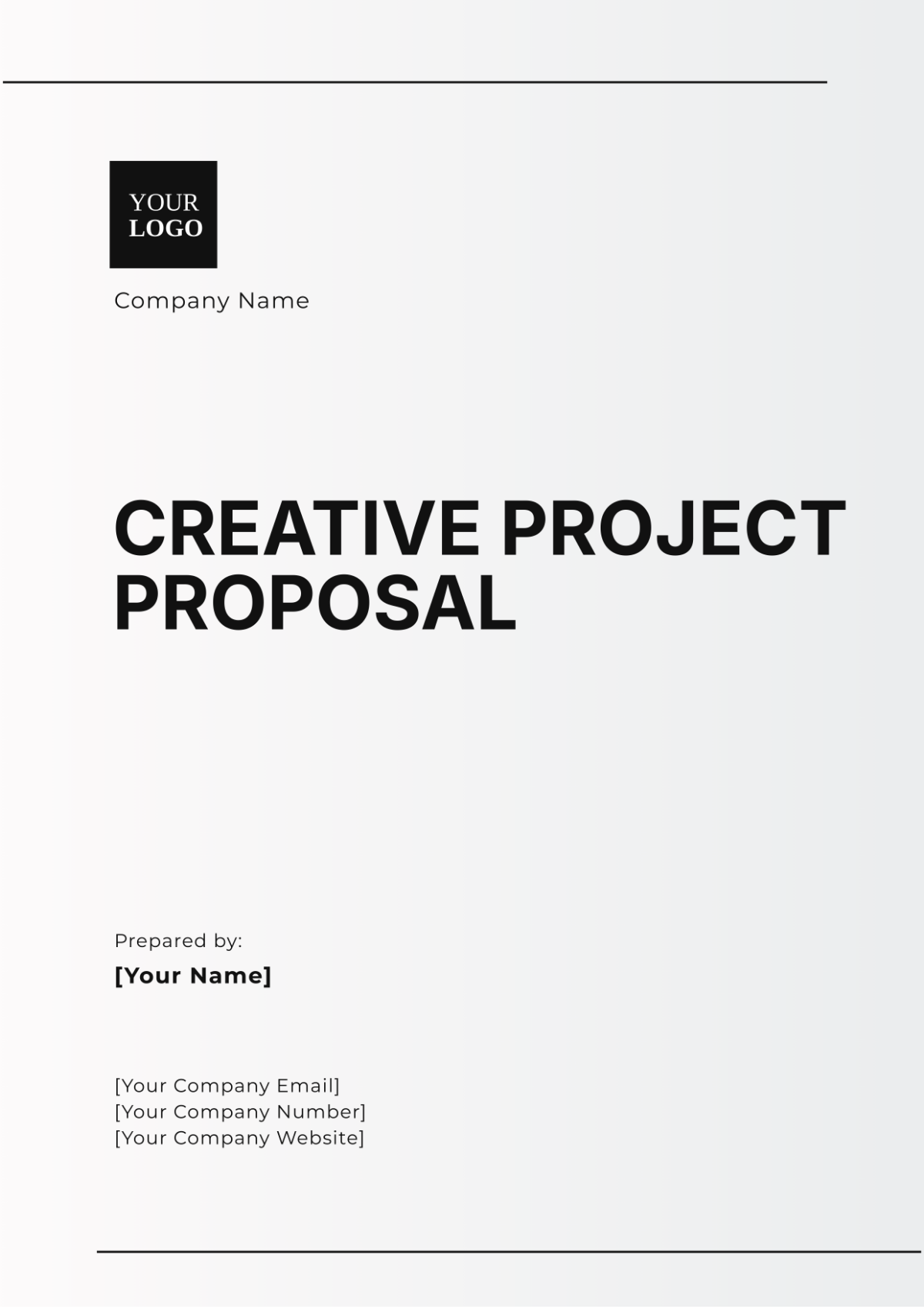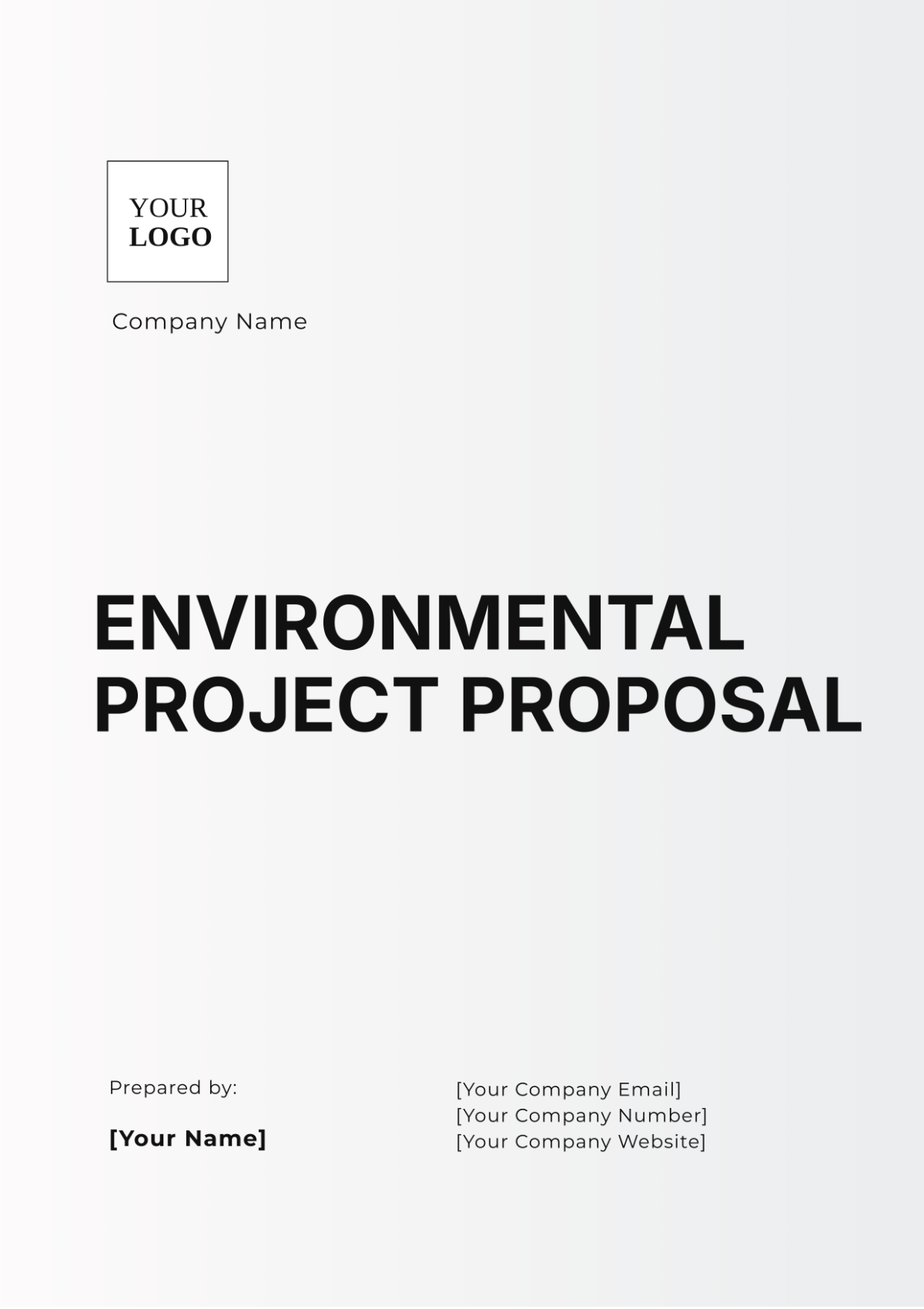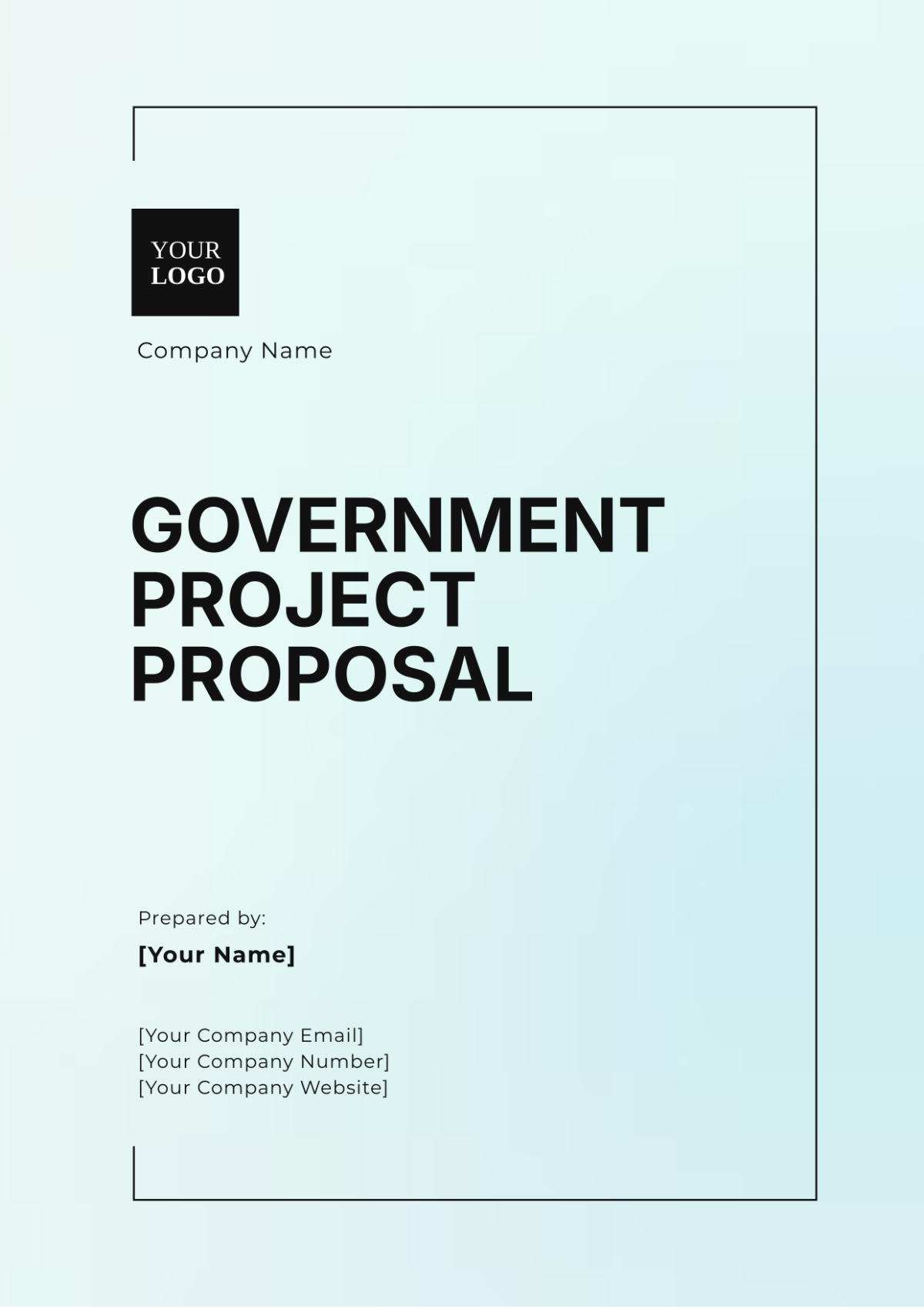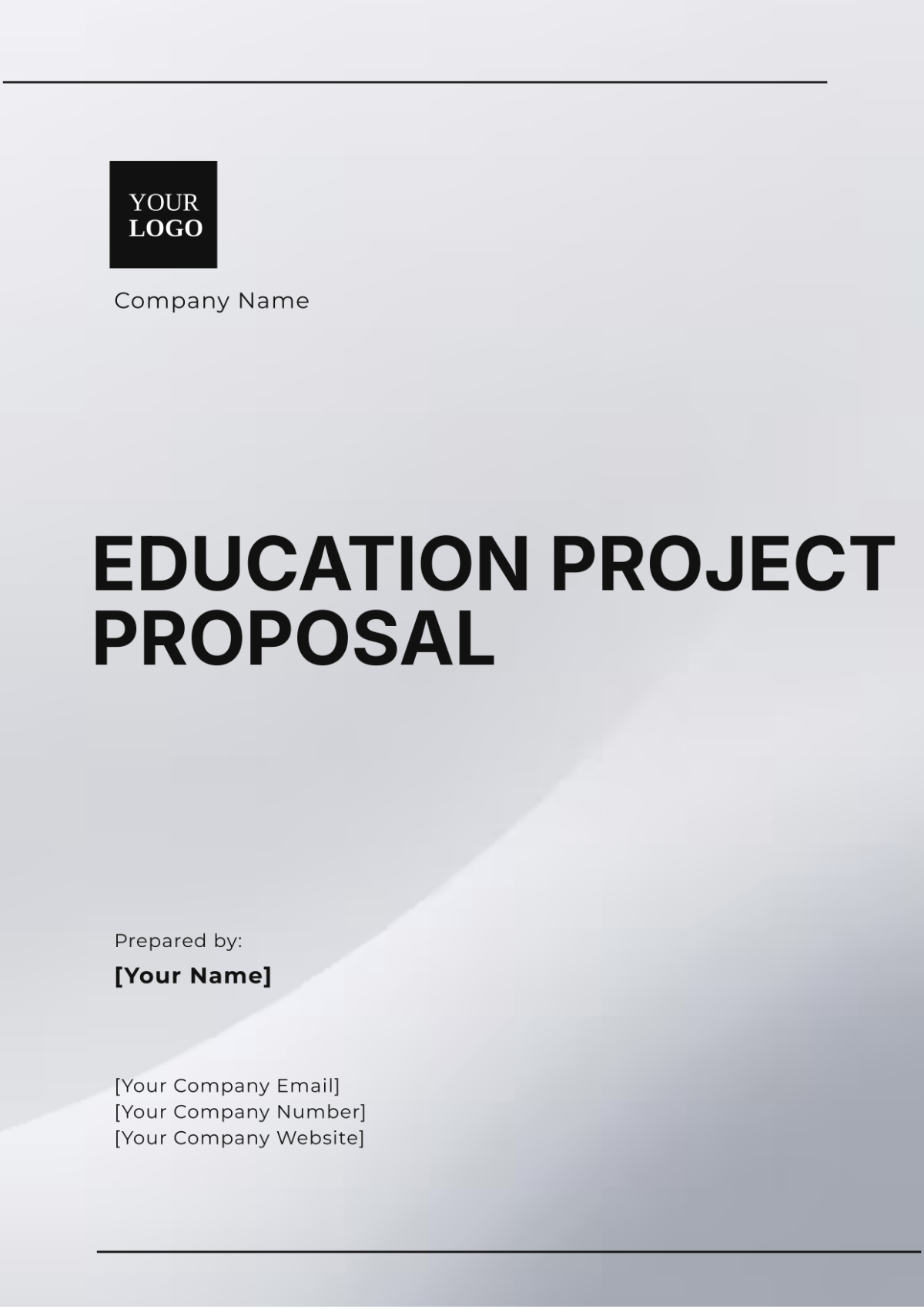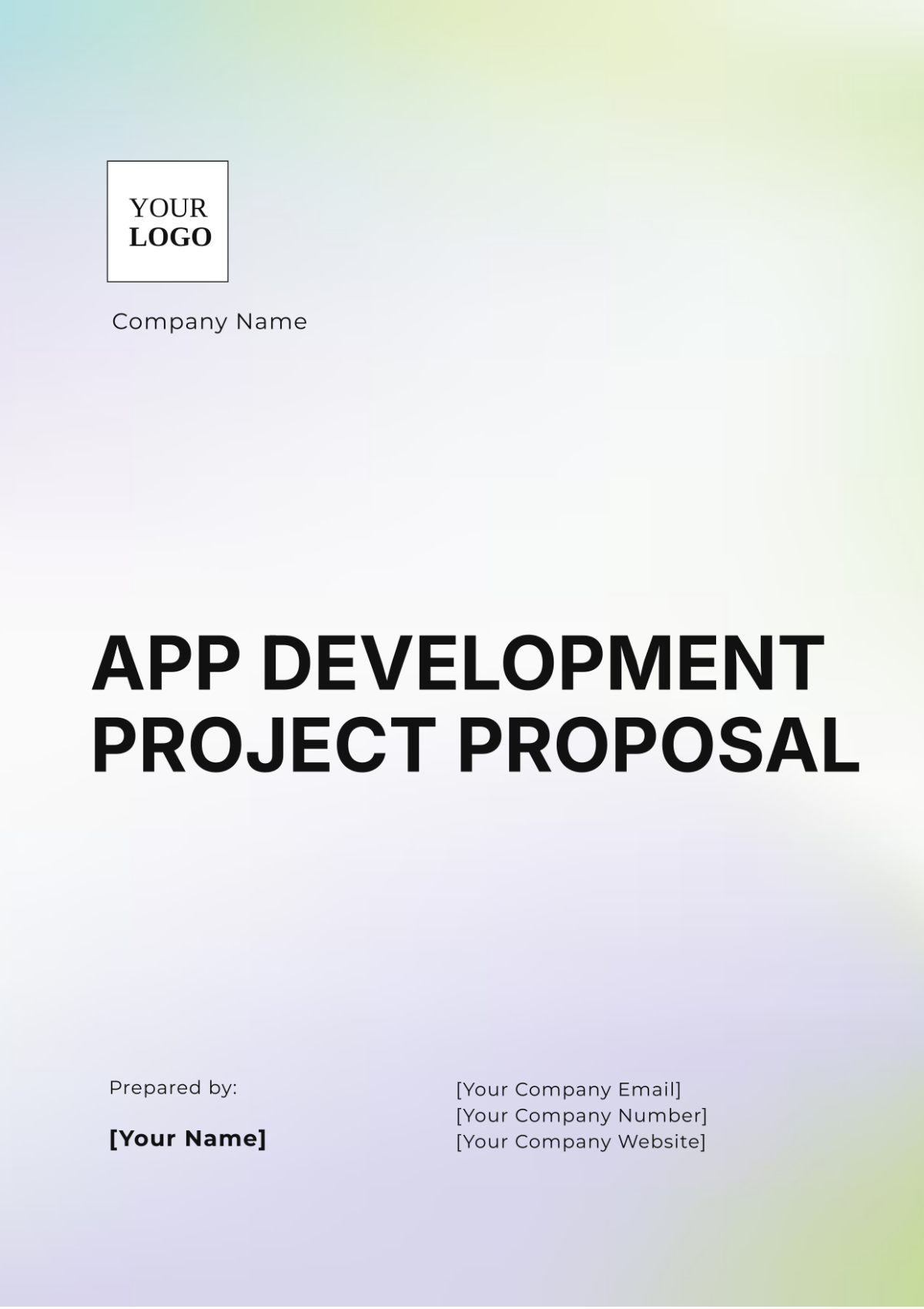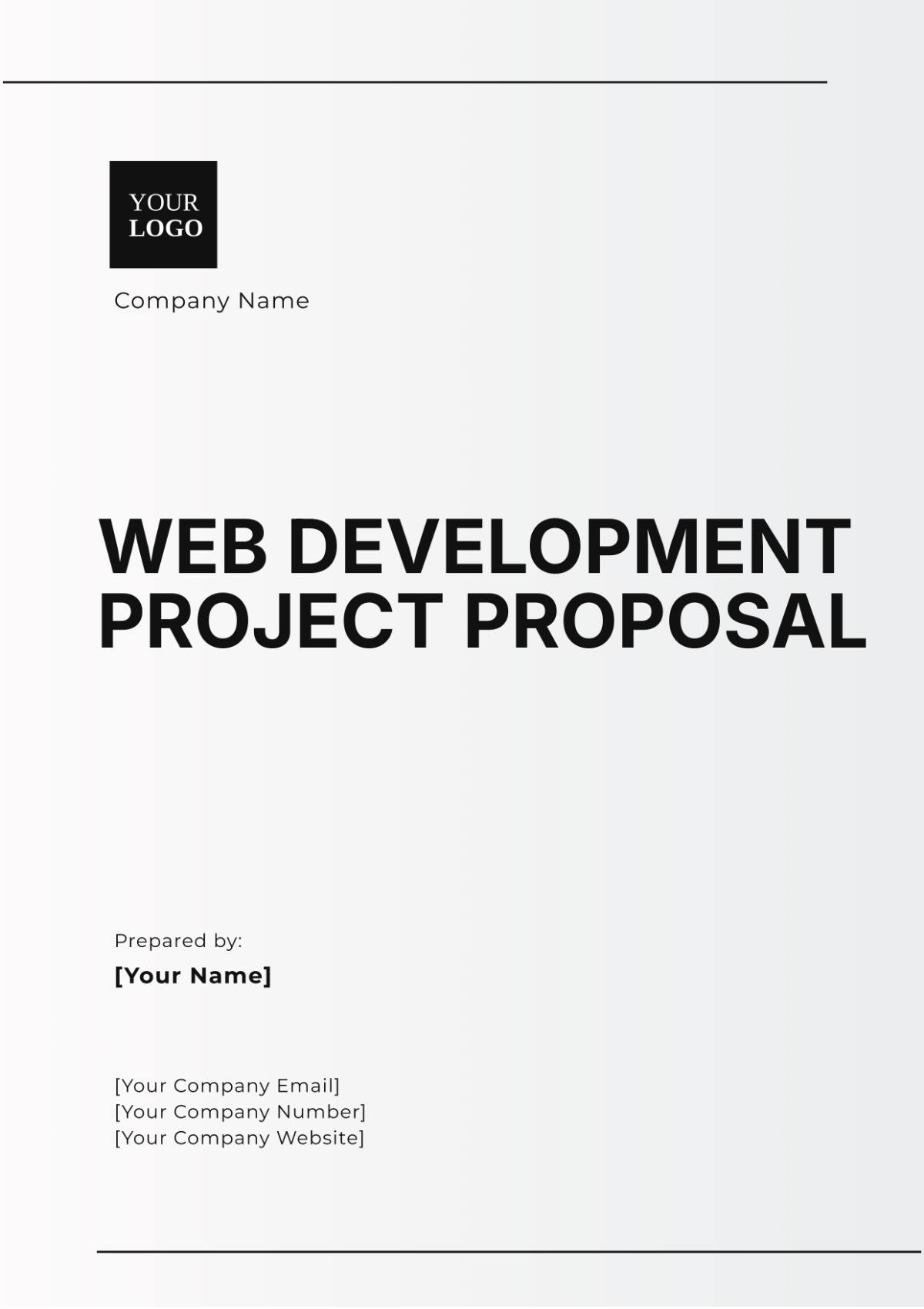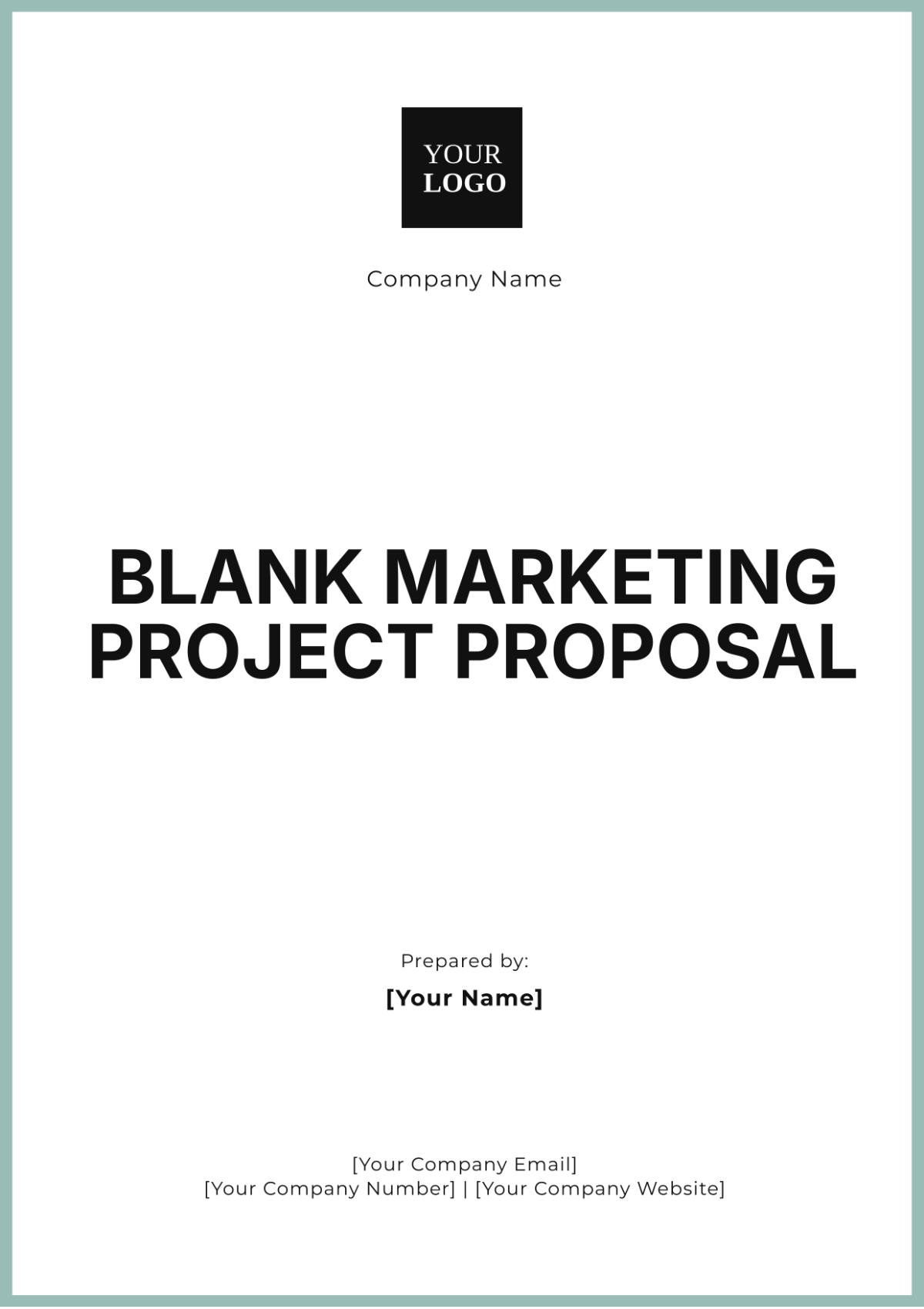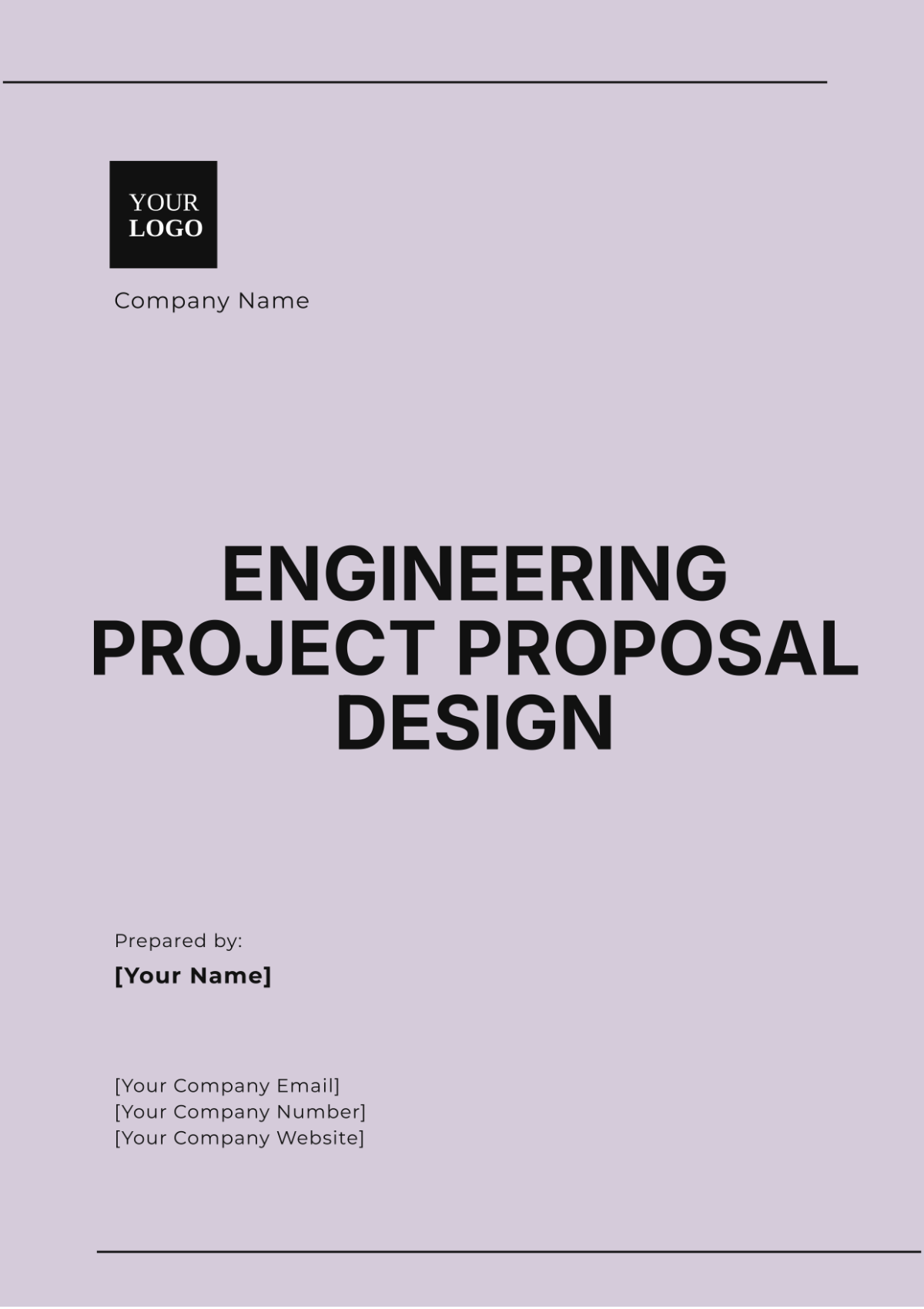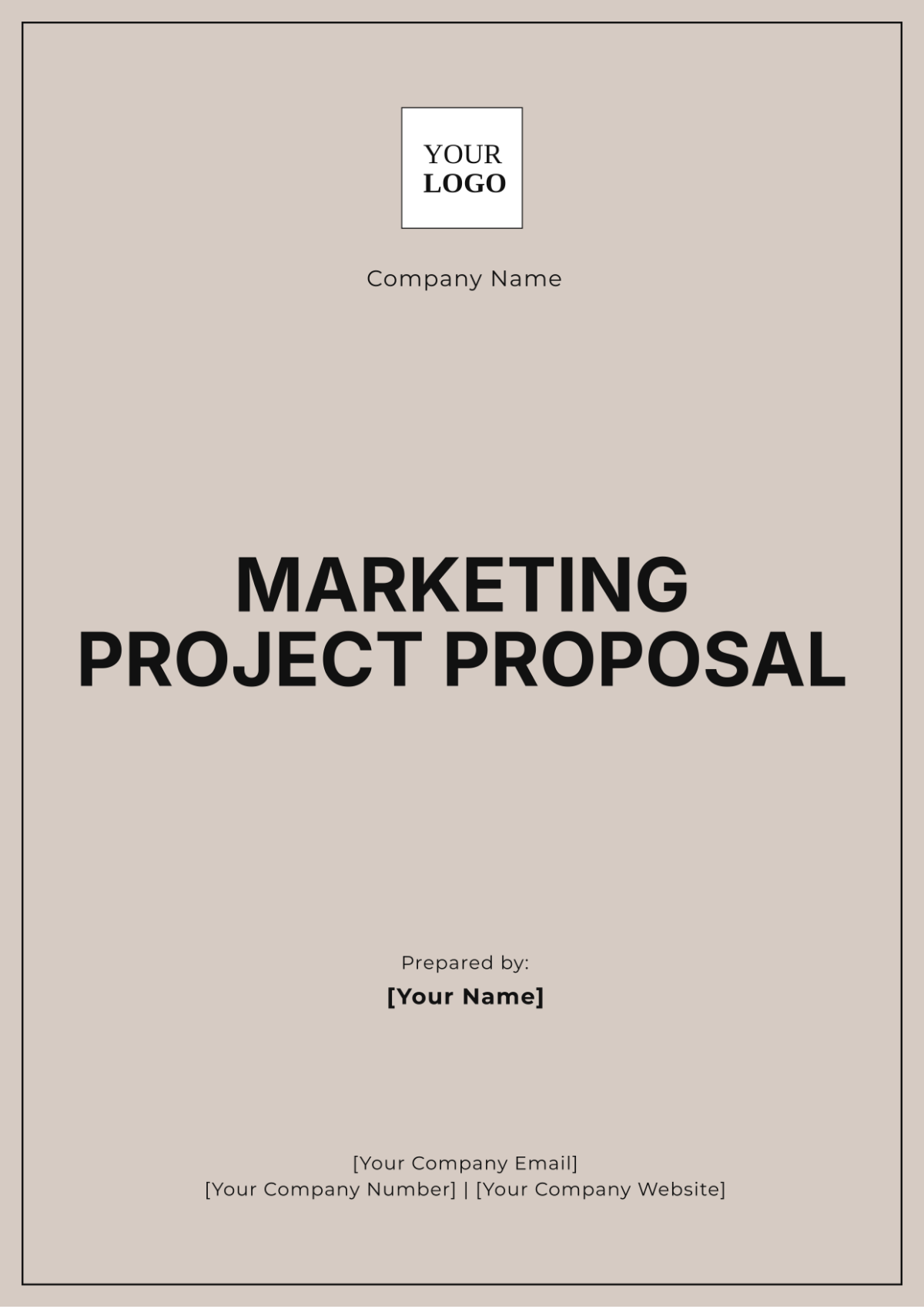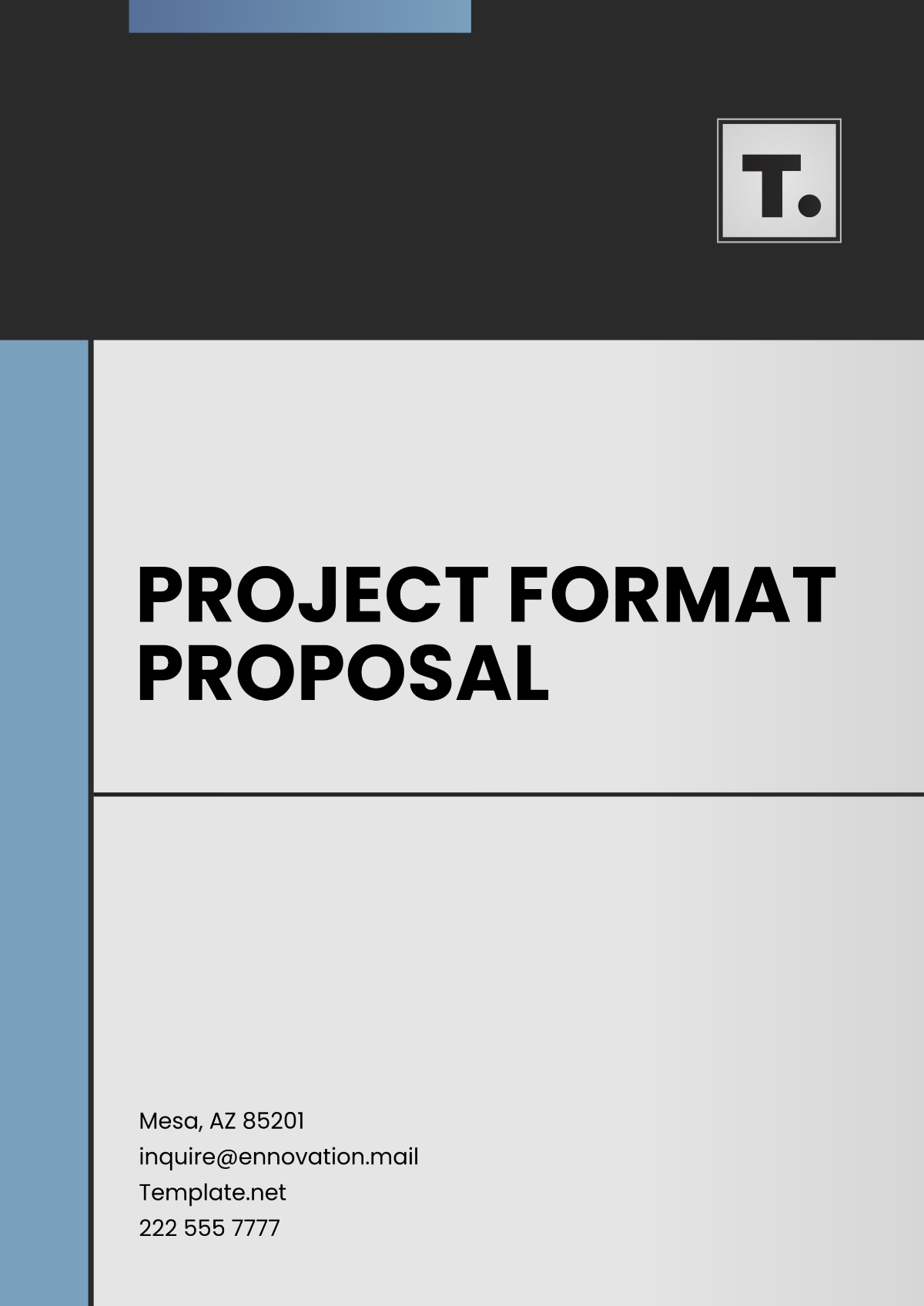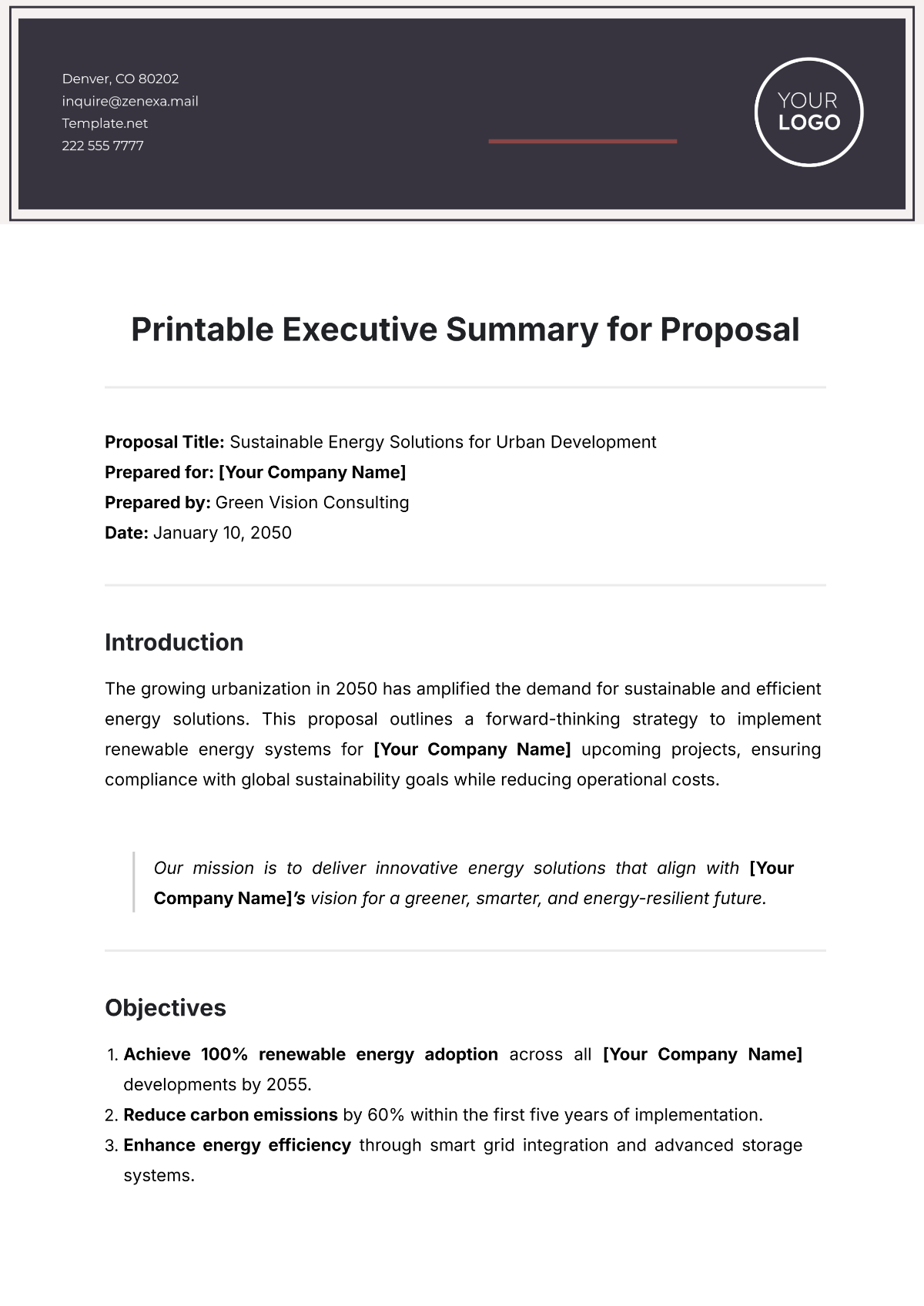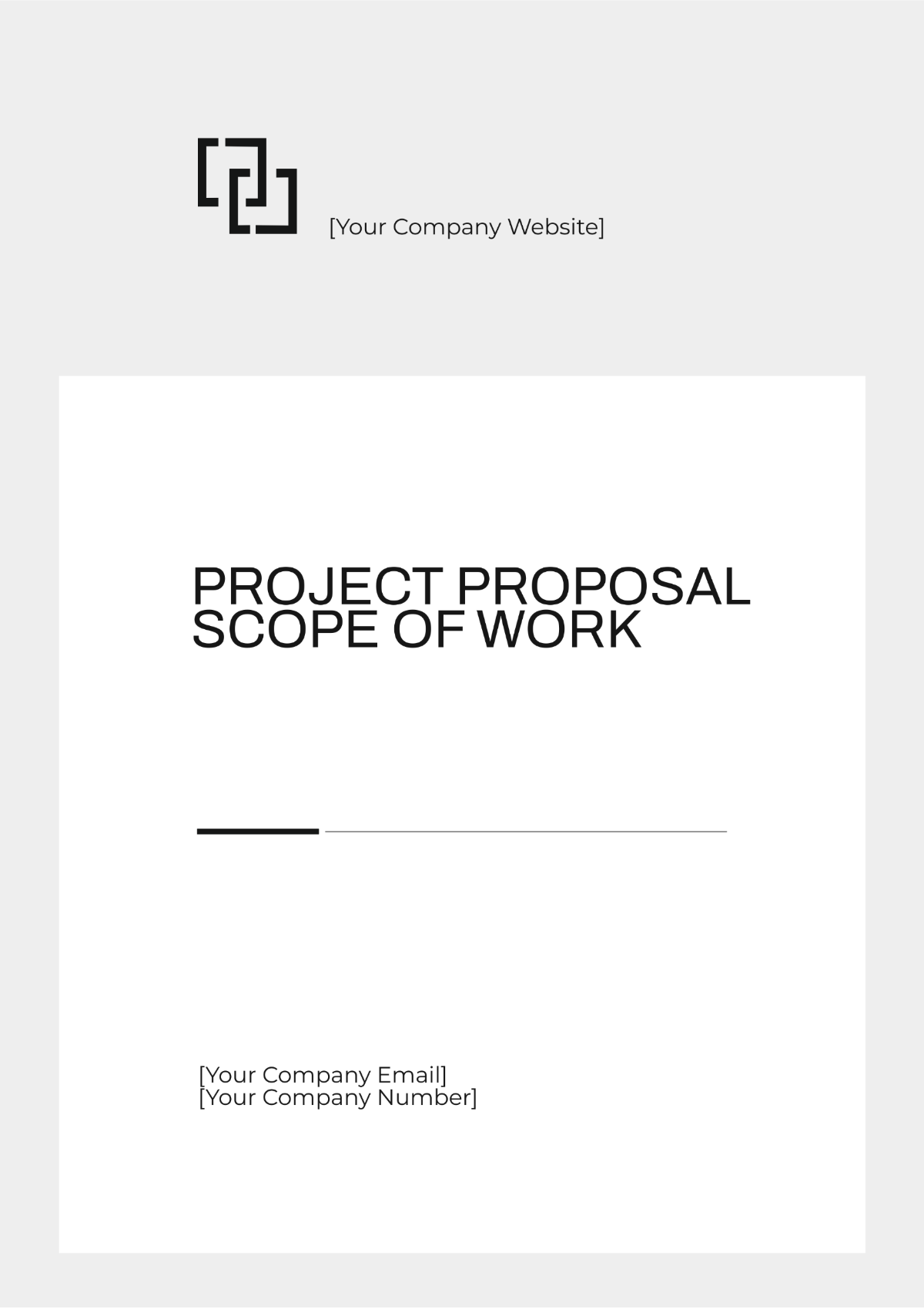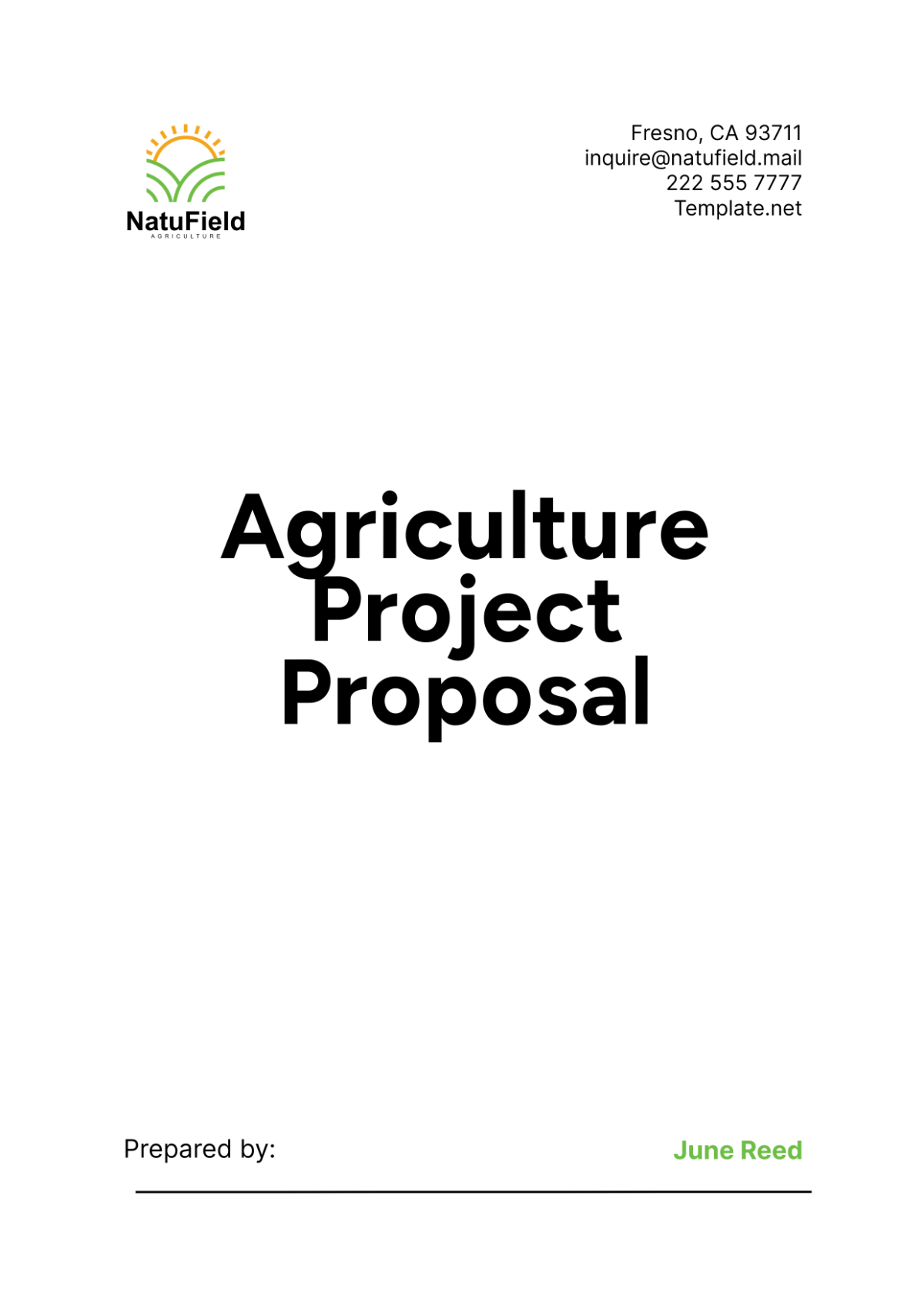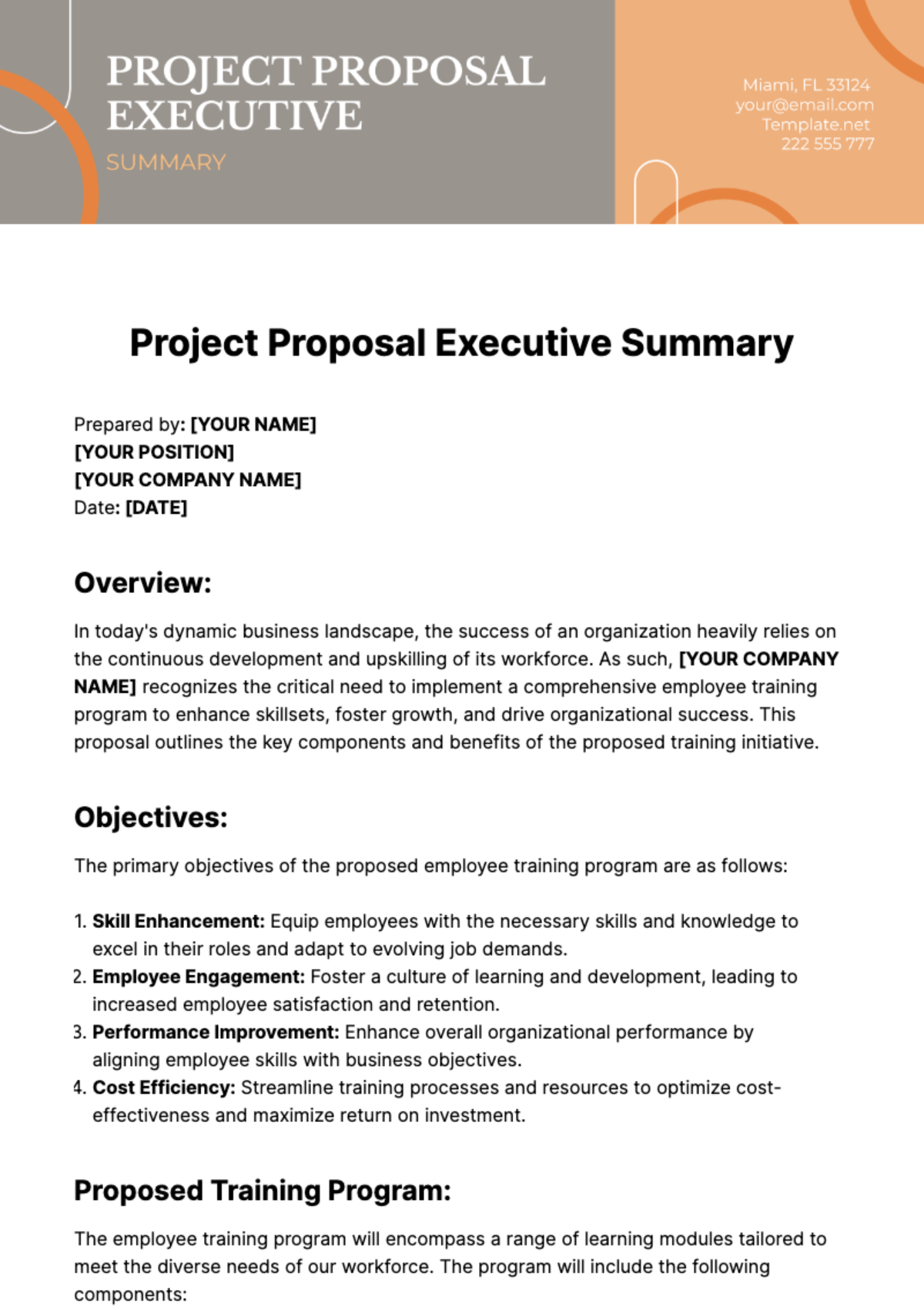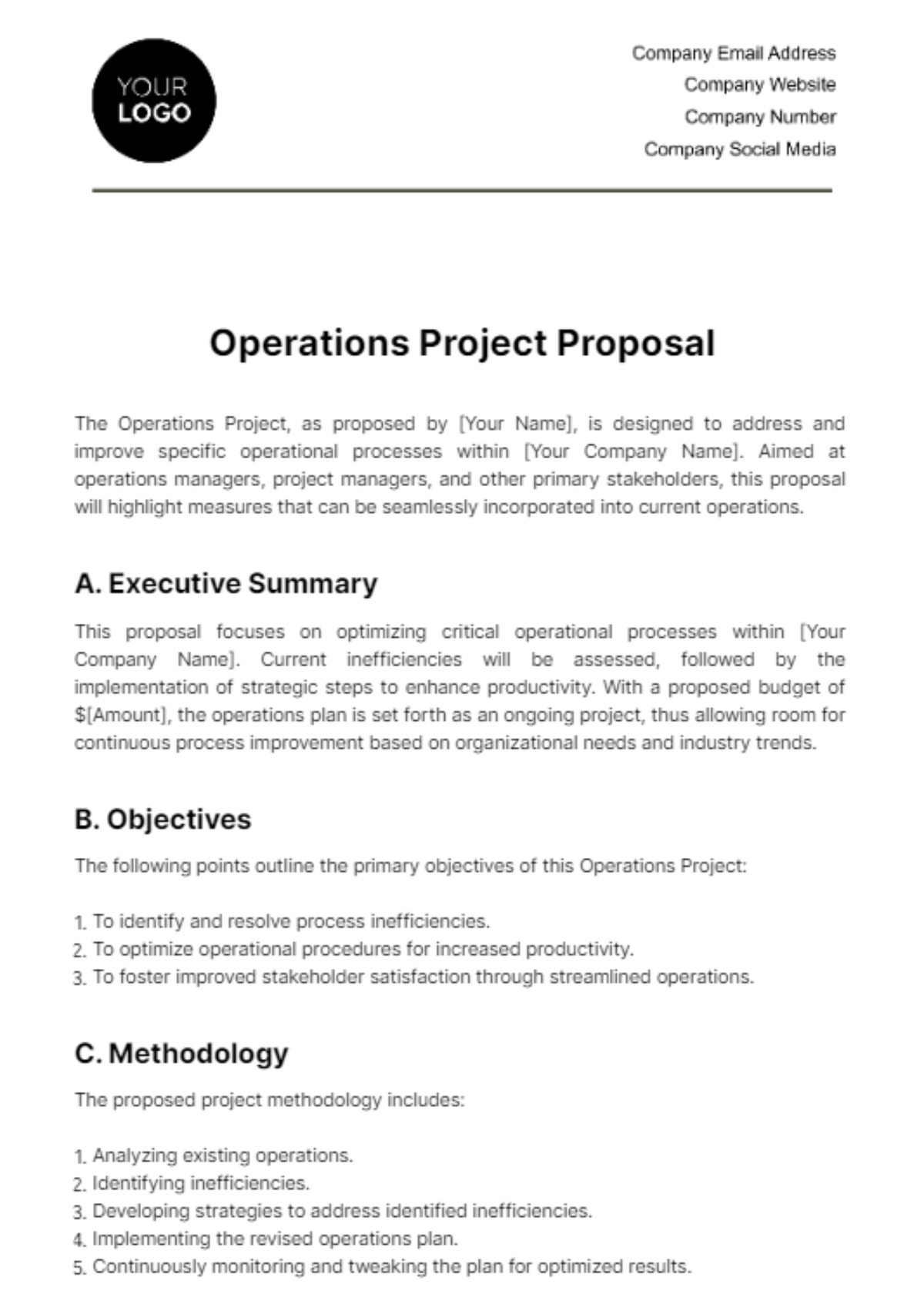Energy Project Proposal Format
I. Executive Summary
This Energy Project Proposal outlines the objectives, methodology, and anticipated outcomes for the development and implementation of a renewable energy system. The project aims to reduce the organization's carbon footprint, increase energy efficiency, and achieve long-term cost savings.
II. Project Objectives
1.1. Key Objectives
Reduce carbon emissions by 30% within five years.
Achieve a 20% reduction in energy costs annually.
Integrate renewable energy sources to meet 50% of the organization's energy needs.
Ensure compliance with local and international energy regulations.
1.2. Anticipated Outcomes
Significant reduction in annual energy expenditure.
Enhanced corporate reputation through sustainable practices.
Improved energy security and diversity.
Contribution to global sustainability goals.
III. Methodology
2.1. Research and Analysis
The initial phase involves comprehensive research and analysis to assess current energy consumption patterns and identify potential areas for improvement. This phase includes:
Energy audits of all facilities.
Feasibility studies for renewable energy sources like solar, wind, and hydro.
Cost-benefit analysis to evaluate financial implications.
2.2. Implementation Plan
The implementation phase will be carried out in stages to ensure smooth integration and minimum disruption to current operations. The stages include:
Phase 1: Installation of solar panels on Building A and Building B.
Phase 2: Implementation of wind turbines at the main facility.
Phase 3: Integration of hydroelectric power for off-grid locations.
2.3. Stakeholder Engagement
Active engagement with stakeholders is essential for the project's success. Key activities include:
Regular updates and consultations with senior management.
Workshops and training for staff on energy conservation practices.
Community outreach programs to promote sustainability initiatives.
IV. Project Timeline
The following table provides an overview of the project timeline, including key milestones and deadlines:
Phase | Milestone | Deadline |
|---|---|---|
Phase 1 | Completion of Energy Audit | Q1 2050 |
Phase 2 | Installation of Solar Panels | Q2 2050 |
Phase 3 | Implementation of Wind Turbines | Q4 2050 |
Phase 4 | Integration of Hydroelectric Power | Q2 2050 |
V. Budget Estimate
The following table provides an estimated budget for the various phases of the project:
Phase | Objective | Estimated Cost |
|---|---|---|
Phase 1 | Energy Audit and Feasibility Studies | $50,000 |
Phase 2 | Installation of Solar Panels | $200,000 |
Phase 3 | Implementation of Wind Turbines | $300,000 |
Phase 4 | Integration of Hydroelectric Power | $150,000 |
VI. Risk Management
4.1. Potential Risks
Identifying potential risks is crucial for the project's success. Key risks include:
Delays in project timelines due to regulatory approvals.
Budget overruns owing to unforeseen technical challenges.
Operational disruptions during the installation phase.
Resistance from stakeholders to change and new technologies.
4.2. Mitigation Strategies
To mitigate these risks, the following strategies will be employed:
Early engagement with regulatory bodies to expedite approvals.
Contingency budgeting for unforeseen expenses.
Phased implementation to ensure operational continuity.
Comprehensive stakeholder engagement and training programs.
VII. Conclusion
The proposed energy project represents a strategic investment in the organization's future sustainability and energy efficiency. By embracing renewable energy sources and implementing robust energy management practices, we can achieve significant environmental, financial, and social benefits. We look forward to the support and collaboration of all stakeholders in making this project a resounding success.
